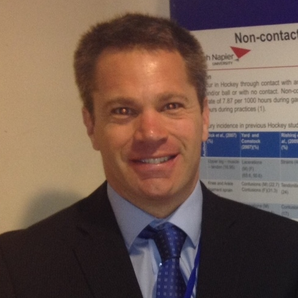OSS Researchers
The OSS is supported by a wealth of experienced researchers from across Scotland and around the world, all of whom share their research, analysis and expertise to help us deepen Scotland's understanding of all aspects of community sport, recreation and physical education, and its relation to physical and mental health and wellbeing, and wider societal benefit.
The OSS Research Advisory Group meets regularly to identify and discuss knowledge gaps, advise on the shape and methodology of OSS research and apply academic rigour. In 2020, we created 'OSS Research Associates' in response to interest from a growing number of people in supporting OSS in their chosen fields, when required. We also support students and recent graduates - 'OSS Research Assistants' - by linking them to mentors, providing paid work and developing their research skills and profile.
If you are interested in joining the OSS research network, please contact OSS Research Manager Ryan Brown at: ryan@oss.scot.
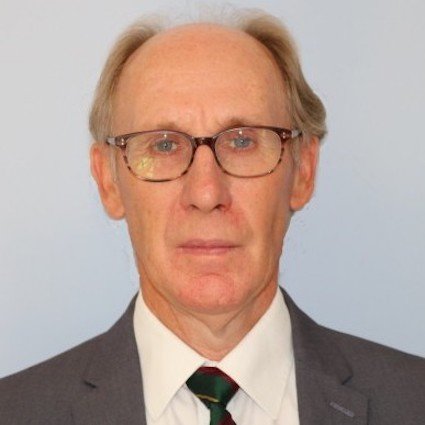
Nick took over in 2019 from Professor Davison as chair of the Research Advisory Group for the Observatory for Sport in Scotland, having supported the OSS with research and guidance since its inception. The former Head of Research Strategy at Sport England now provides consultancy services on sport and public policy across Europe, and is a Visiting Research Fellow at Leeds Beckett University. His book setting out a new paradigm for sports development, 'Sporting capital: Transforming sports development policy and practice' was published by Routledge in November 2017. He recently published his first major research for OSS, 'Sports participation in Scotland: trends and future prospects', and is leading on the development of new research projects.
Nick was educated at Oxford Polytechnic, the University of Edinburgh and the University of Texas and joined the then Great Britain Sports Council (to become Sport England) research team in 1983 where he remained until June 2012. Whilst at Sport England Nick held the post of Head of Strategy, Research and Planning and Strategic Lead for Research where he was influential in shaping and delivering a world leading national research programme. Nick led the design and delivery of the Active People Survey - the largest sport survey in Europe and was lead author on the Sport England Strategy document ‘The Framework for Sport in England’. He has been influential in international research initiating and for 5 years co-directing the European wide COMPASS project on comparative sport participation statistics. Nick has been the invited speaker at international conferences in China, Australia, Canada, Italy, the Netherlands, Israel and Spain.
Nick has completed 5 London Marathons and recently 'enjoyed' a 3,600 bike ride around the coast of Britain. A keen golfer, Nick is the current President of Woodford Golf Club near his home in Essex.
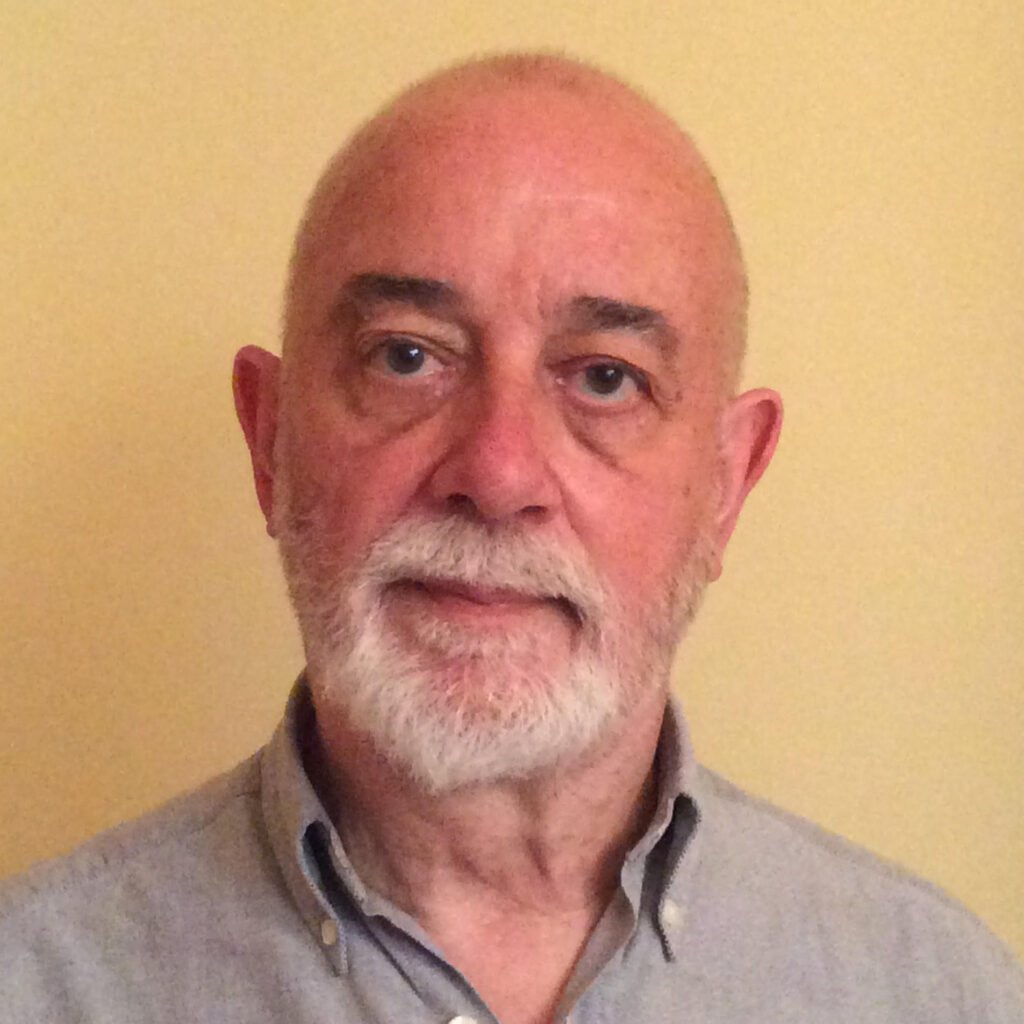
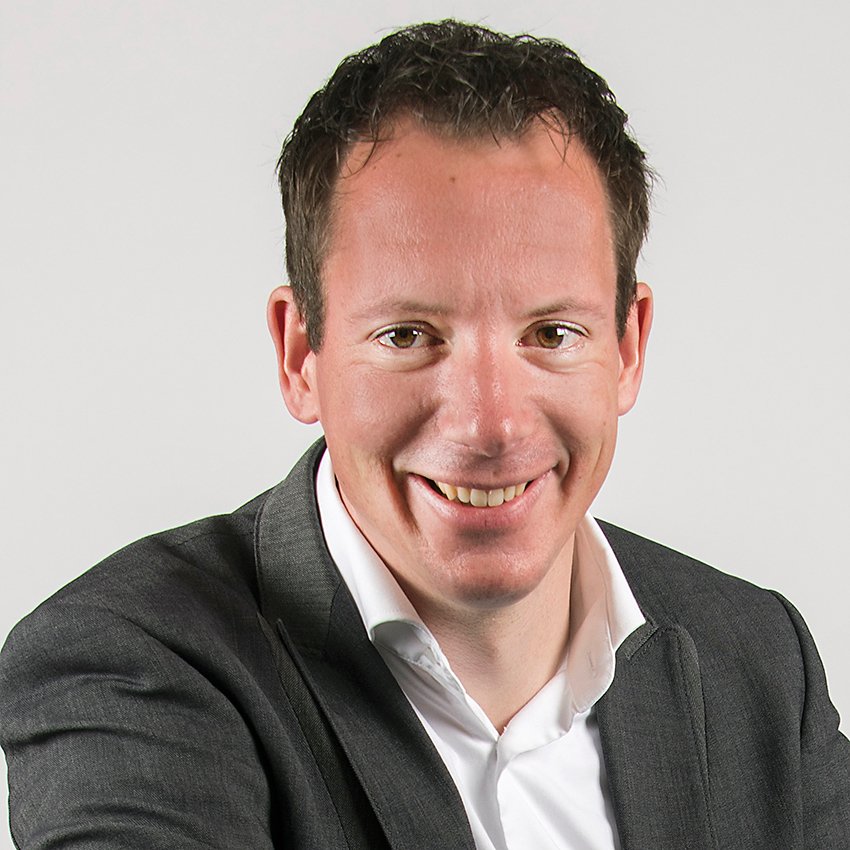
Dr Remco Hoekman is co-director of the Mulier Institute and affiliated to the Radboud University. Furthermore, Remco is president of the European Association for Sociology of Sport (EASS) and co-editor of the European Journal for Sport and Society. His research interests include sport policies, sport facilities, sport participation and financial aspects of sport. He has an extensive national and international publication list, including both policy-oriented and fundamental research, and is a frequently asked expert, advisor and speaker on the abovementioned topics. Remco is like no other capable of connecting science and practice and is a recognized expert in both fields. Consequently, he holds several advisory positions and is, amongst others, columnist for SportAccom (a journal on sport facilities), and member of the evaluation committee for the election of 'Sport municipality of the year’ and 'Best sport policy initiative’ in the Netherlands. Internationally, he is known as the founder of the expert group on sport facility databases and related research, and as one of the initiators of the ‘Measure’ network, a network with the aim to enhance knowledge on sport participation. In addition, he is an expert member of networks on sport organisations (SORN) and sport policy and politics (POLIS).
Remco breaths sports and is in his leisure time an active sport participant and sport volunteer. He enjoys to play tennis, visit the gym and cycle with his friends. In addition, he contributes as a volunteer to the sport activities of his children and he is the chairman of a tennis club.
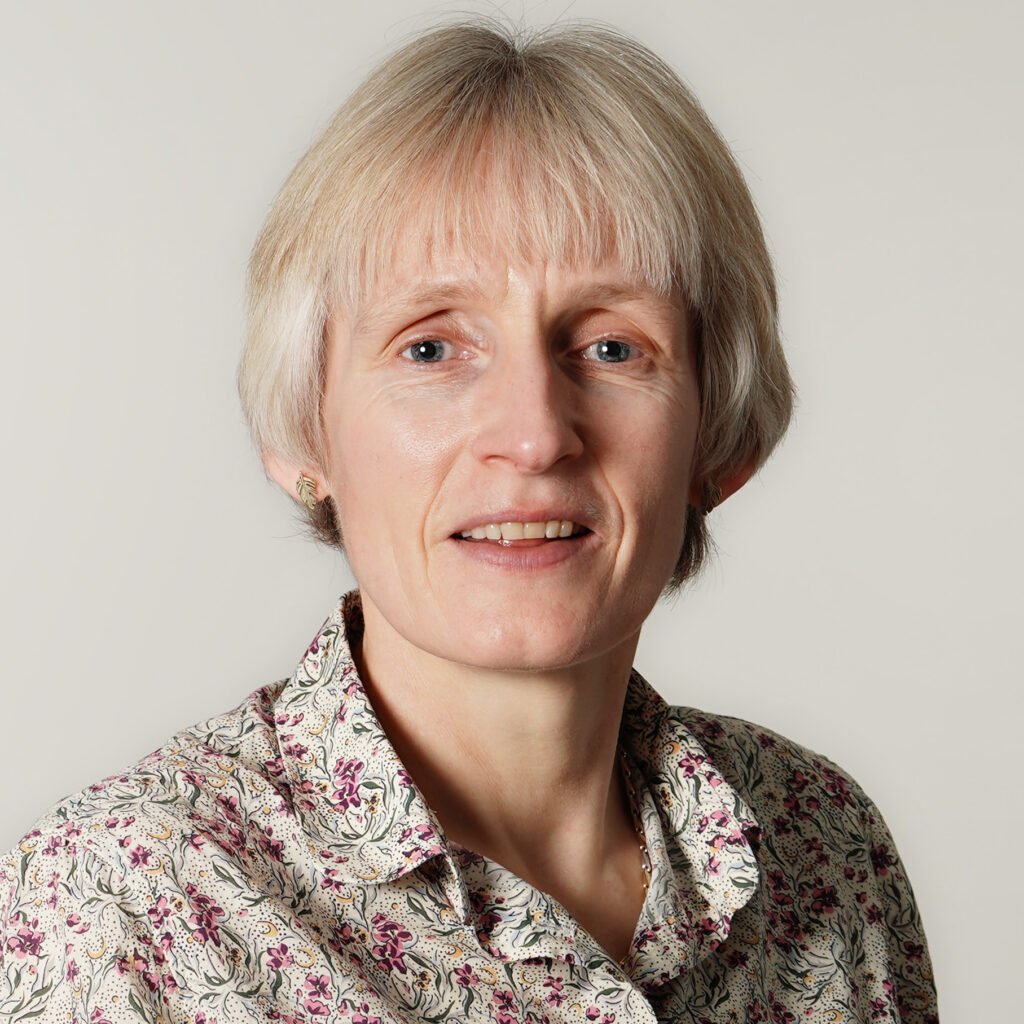
As well as her sharp insight to how we can be innovative and use data better to inform stakeholders from government to local levels, Rhona brings a wealth of experience from sport, having been an avid participant and fan throughout her life, particularly in hockey, golf and athletics. She continues to coach and play hockey, and loves to get out walking and cycling in the Scottish countryside.
Rhona is delighted to be joining OSS and having the opportunity to apply her expertise from across the data and technology domains to helping others experience some of the same enjoyment and value she has gained from participating in sport.
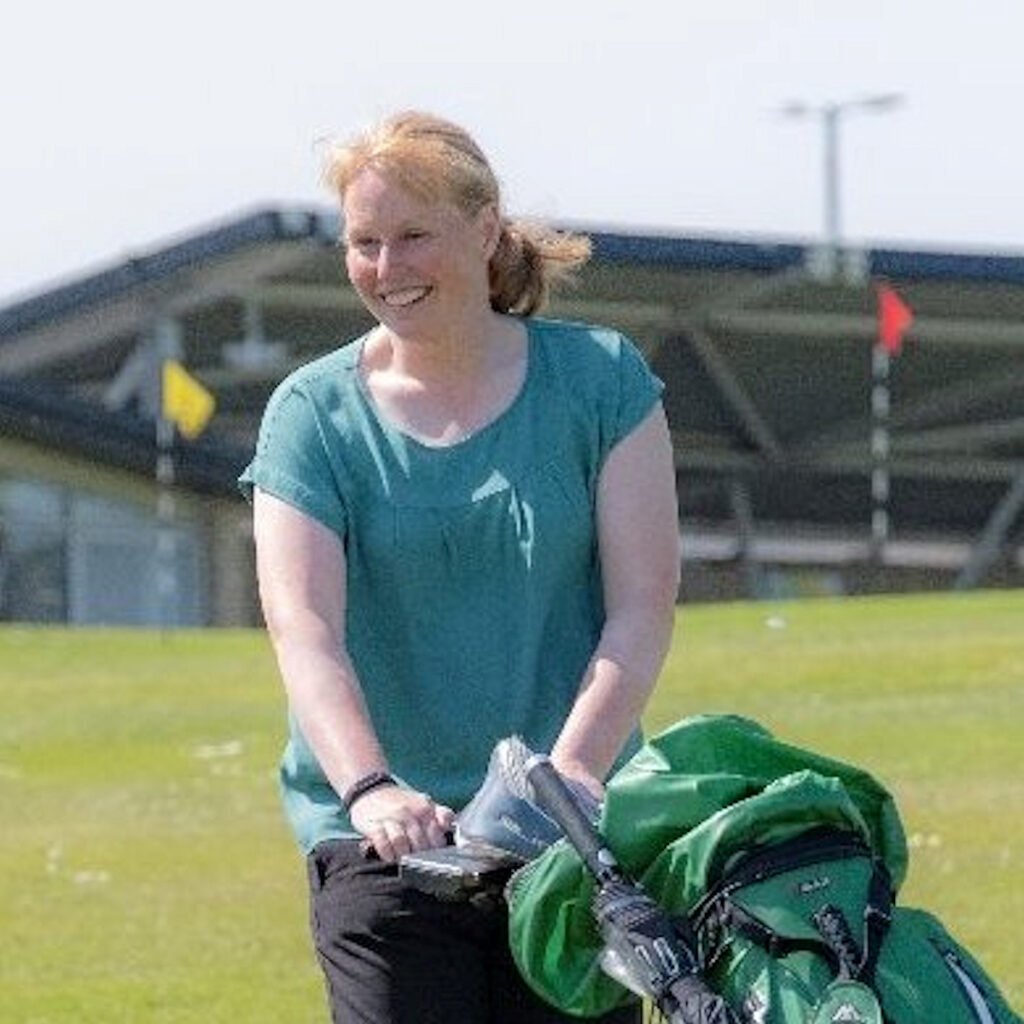
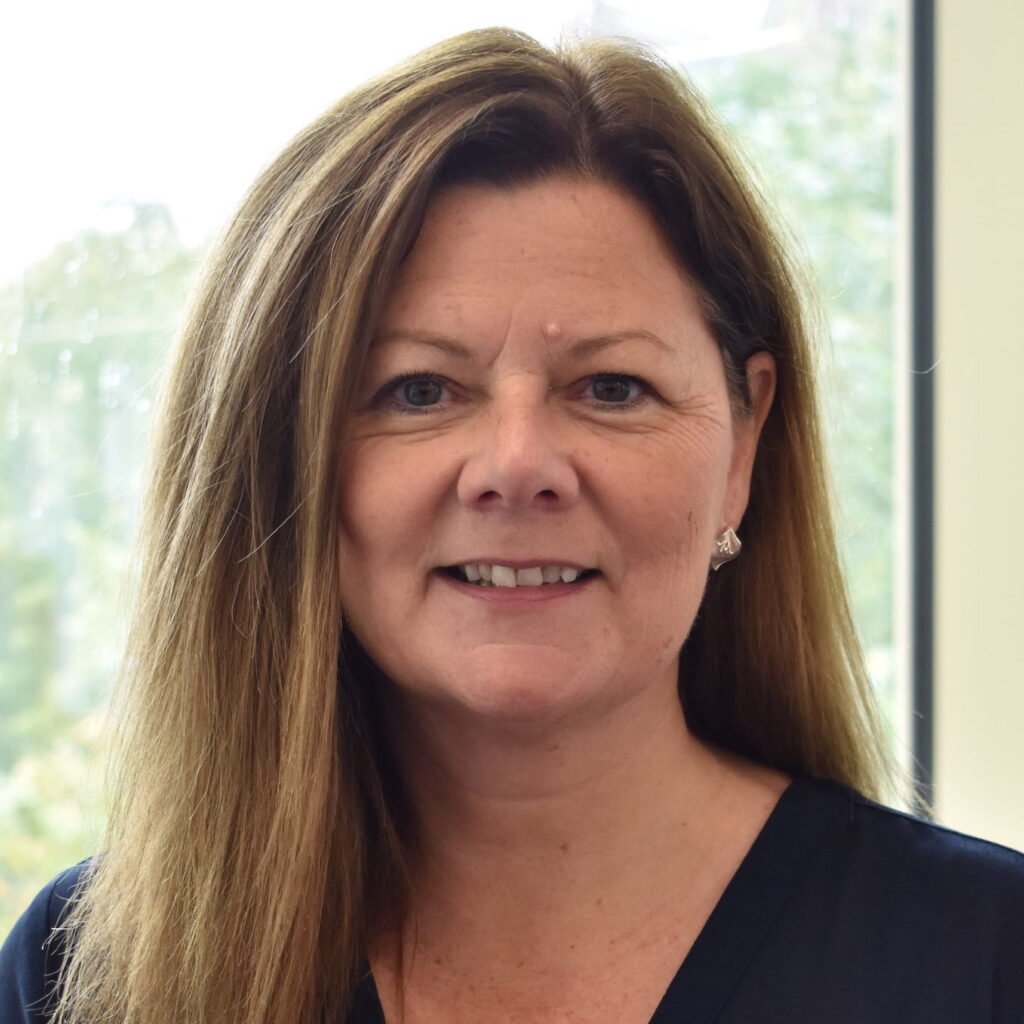
Professor Gayle McPherson holds a Chair in Events and Cultural Policy within the School of Business and Creative Industries at the University of the West of Scotland (UWS). She joined the University in 2010 from Glasgow Caledonian University where she was a Professor in Cultural Policy and Head of Department of Cultural Business. Her research interests revolve around the interventions of the local and national state and wider agencies in events and festivity of all types and the social and cultural impacts of large-scale events on communities. A key area of her work examines soft power, cultural diplomacy and the contribution of culture in fragile contexts.
She recently completed a research project for the British Council on the Contribution of Art and Culture in Global Security and Stability and is currently working on Inclusive Cultural Heritage for Skills Development in Kenya on behalf of the British Council. She is also working on a follow-up study on Major Sport Events and Parasport Participation: Investigating Post-Event Opportunities and Experiences on behalf of the SSHRC with colleagues in Canada and is part of an ESRC networking grant on sport and disability with Waseda University in Japan for the Toyko 2020 Olympics. She teaches in the broad area of cultural diplomacy and in particular the role of events and culture in cultural diplomacy as a soft power initiative between nations and states. She has a range of external roles and she acted as the Legacy and Evaluation advisor to Paisley 2021 UK City of Culture Bid team, is member of European Cultural Parliament and also teaches at the Institute of Cultural Diplomacy in Berlin and is an expert advisor to the OECD on their Recommendation on Global Events and Local Development. She is a REF sub-panel member of Unit 24 Sport, Exercise Science, Leisure and Tourism 2021, and is Co-Chief Editor of Frontiers in Sport and Active Living: Sport, Leisure and Tourism section. She has published widely in the events, culture sport and festivals area and is a reviewer for many journals and acts as a college panel member for the AHRC.
Professor Gayle McPherson https://research-portal.uws.ac.uk/en/persons/gayle-mcpherson
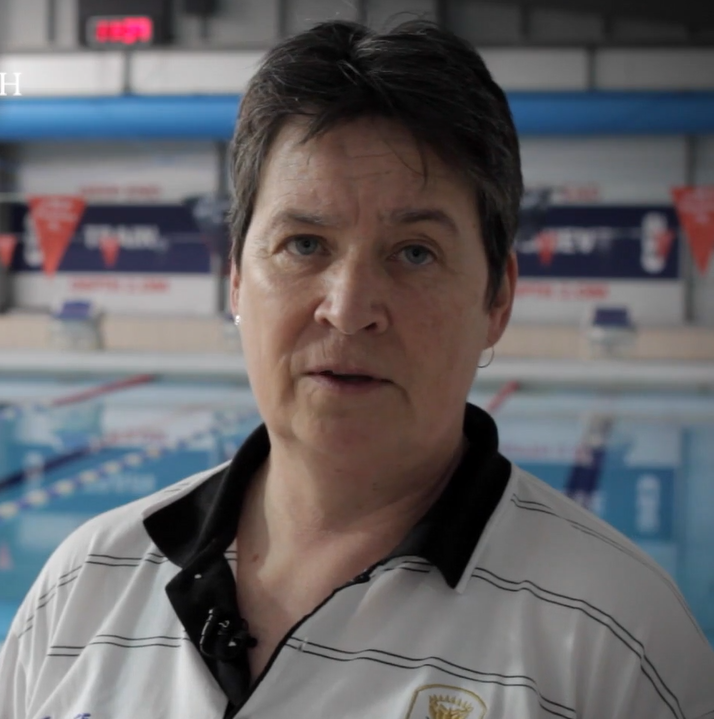
Since then Christine has been heavily involved in sport coaching and as a result her career has not always followed a ‘traditional’ route in higher education. Much of her credibility and understanding of the coaching process has been developed during periods as a national coach and this immersion within the profession has informed her subsequent career and research interests.
Her research experience covers Sport Pedagogy, Coach Education, Development of Expertise and Player/Coach Development Pathways.
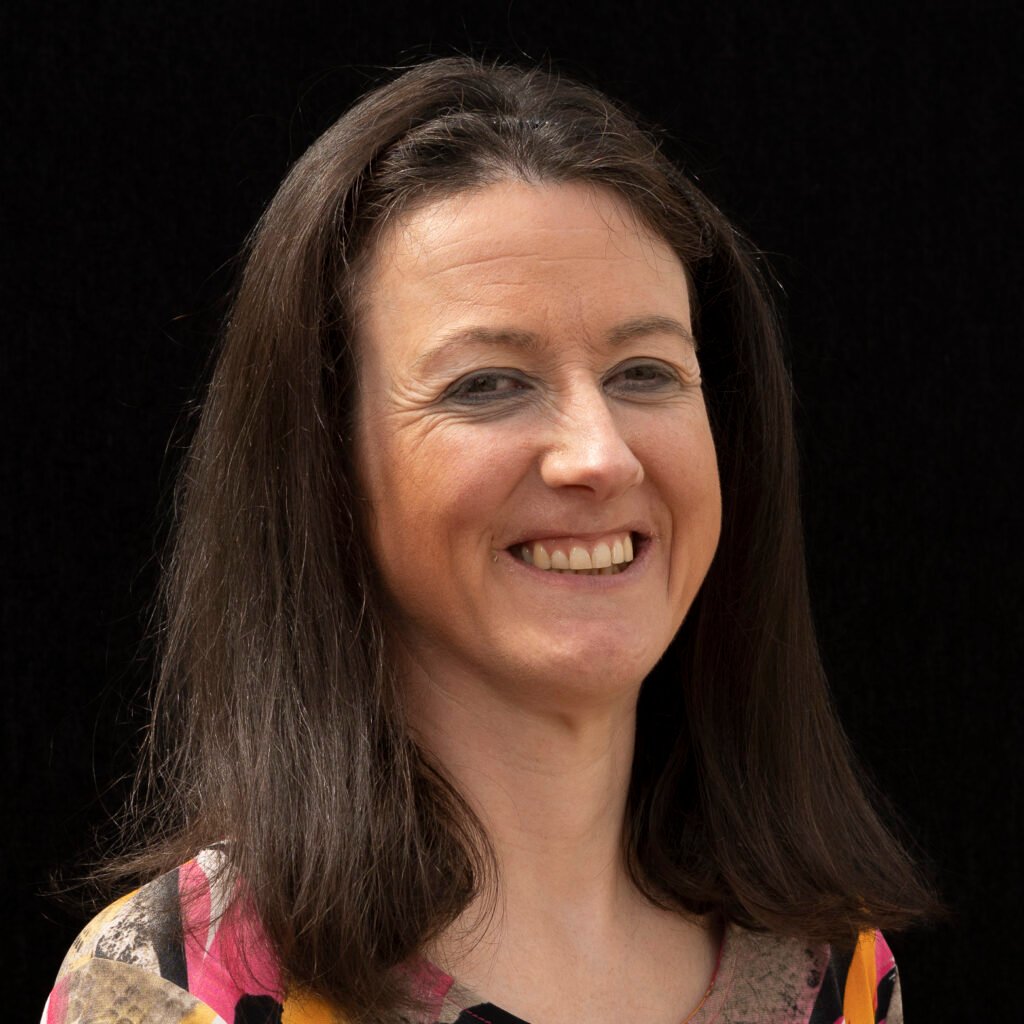
Termed "a rising star in the field of assistive technology", Julie’s goal is to ensure that society understands how assistive technologies can enable everyone to play a vital role in a prosperous society. She has contributed to numerous organisations in various capacities, and is known for her shaping of ideas and concepts that makes things happen. A 2021 Institute of Director, Director of the Year winner for Equality, Diversity and Inclusion, and a Duke of Edinburgh Gold Award winner and ambassador, she has shown a high level of self-leadership, determination and fortitude to achieve key goals.
Julie has over 15 years' experience in the Media and PR worlds working with BBC Scotland, STV, Daily Record, the Glasgow Evening Times and Glasgow 2014. Ongoing media work continues with recent involvement with BBC The Social and across national newspaper titles.
Over the last 10 years, Julie has become a leading consultant, academic and disability rights activist through epitomising the values of diversity, inclusivity and accessibility in many areas of her work. As an emerging rising star in the field of Diversity, Inclusion and Equality with an ambition to contribute to a global presence of Diversity, Inclusion and Equality is about ensuring society understand that everyone to play a vital role to a prosperous society. The ethos of self-leadership and stakeholder engagements has enable her to demonstrate and share with others that people are our greatest asset. It is fair to say that best performances come from individuals who are user-led in the developments of assistive technologies. Through her own lived experience and her PhD in Assistive Technologies of understanding learning experiences of disabled students in technology-rich learning environments, she has developed a specialism in accessibility and usability design, which is particularly relevant in the development of software solutions. This requires an understanding and awareness of a range of technologies in order to derive innovative and practical solutions.
She has earned extensive academic credentials through her studies, most recently Masters in Knowledge Exchange and Laws, and is currently finishing her MBA to support work on governance and leadership in public and private sectors. During her time at University of the West of Scotland (UWS), she was awarded the UWS Court Medal 2010 for highest achieving student, won an Adult Learner of the Year Award 2012 from the Scottish Learning Partnership and was awarded the Glasgow Lord Provost Award in 2012.
She works across disciplines to uphold the values of creating and embedding diversity, inclusivity and accessibility in educating organisations to create pragmatic solutions such developing an accessibility impact assessment strategies which encompasses the physical, societal and digital infrastructures.
Julie is also committed to help change the social injustice faced by disadvantaged people in society. As well as having a personal understanding of disability and equality-related issues, she has developed a deep understanding in relation to the preconceptions of disability through a range of experiences and ventures over my life to date. Through these experiences, Julie came to believe that she has a lot to offer in the area of disability rights and its relationship to Law.
Passionate about sport and recreational pursuits, and how it can help health and wellbeing, and tackle social isolation for people with disabilities, Julie was appointed as Head of Recreation for Cerebral Palsy International Sports and Recreation Association (CPISRA), to lead a strategic vision on recreational involvement, and has found frame-running a great route to enjoyment with the Victoria Park Athletics Club in Glasgow.
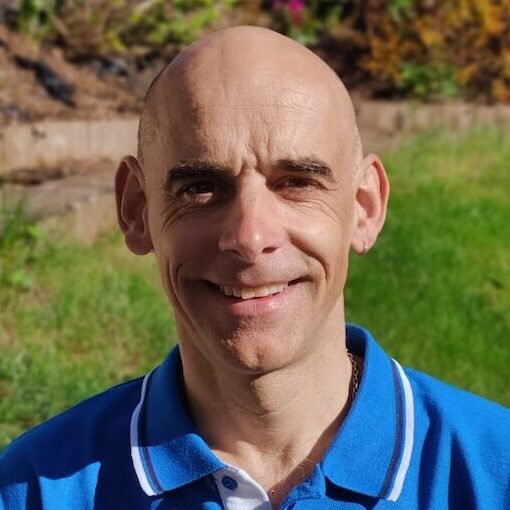
An internationally-recognised exercise physiologist with over 25 years experience, he has developed a global reputation in investigating the factors that influence cycling performance and the physiological responses to cycle ergometry. Other areas of research interest include the use of exercise and physical activity to improve health and quality of life in the general population and clinical groups. He is also an editor of the Journal of Sport Medicine and the Journal of Science and Cycling, former editor of the Journal of Sports Sciences and has published in excess of 50 scientific papers and book chapters and is currently an expert reviewer for the Journal of Sports Sciences, the International Journal of Sports Medicine, European Journal of Sport Sciences, International Journal of Sports Physiology and Performance, Journal of Science and Medicine in Sport, Medicine & Science in Sports & Exercise the Welcome Trust and the Medical Research Council. He is a Fellow and former Chair and Honorary Treasurer of the British Association of Sport and Exercise Sciences and currently a professor of Exercise Physiology and President of ECSS 2021 Glasgow in the School of Science and Sport at the University of the West of Scotland.
Richard was also a successful competitive cyclists winning 11 medals (6 gold, 2 sliver, 3 bronze) at Scottish Championships. He is a Level 3 Coach and Coach Educator for British Cycling (18 years) and has coached at Commonwealth and Olympic Games level.
Specialities: Exercise physiology teaching and research, Higher Education management, change management, coach education, elite cycling coaching, Chromosome 18.
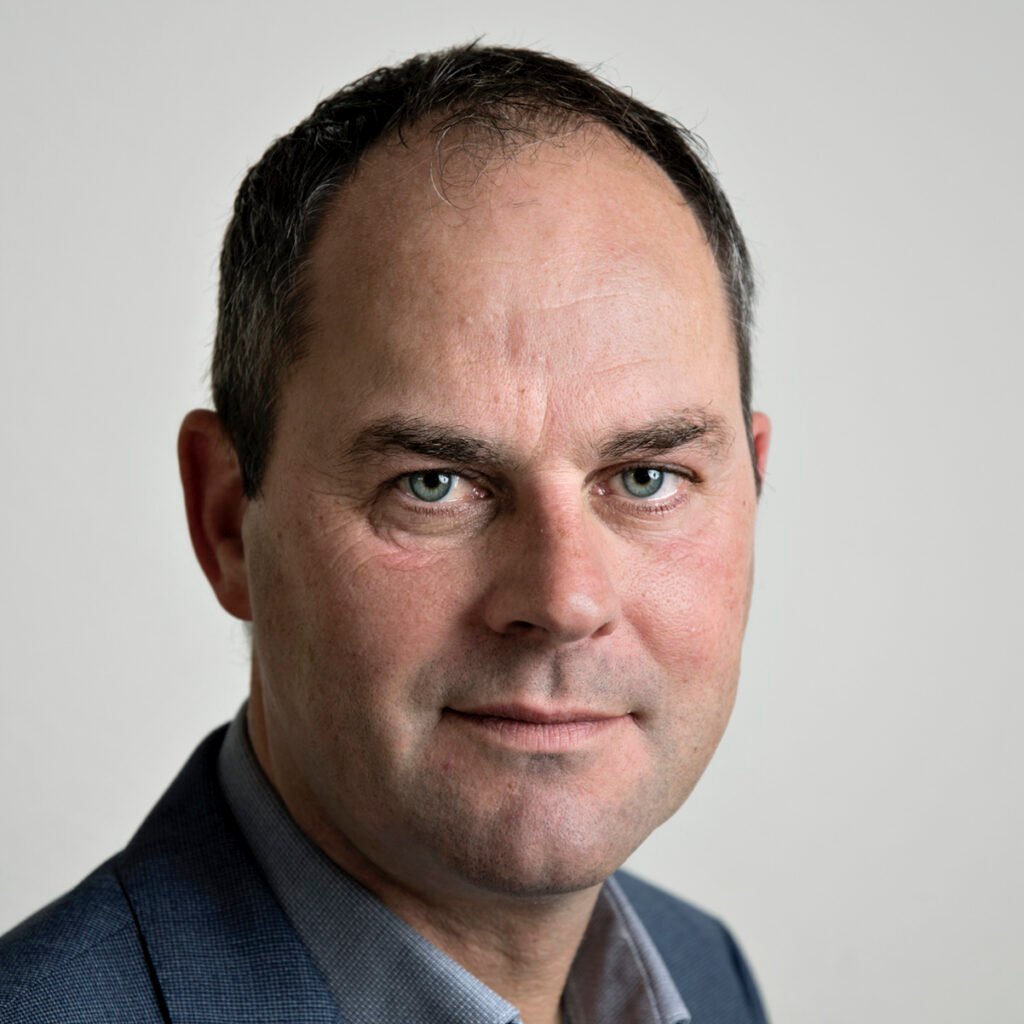
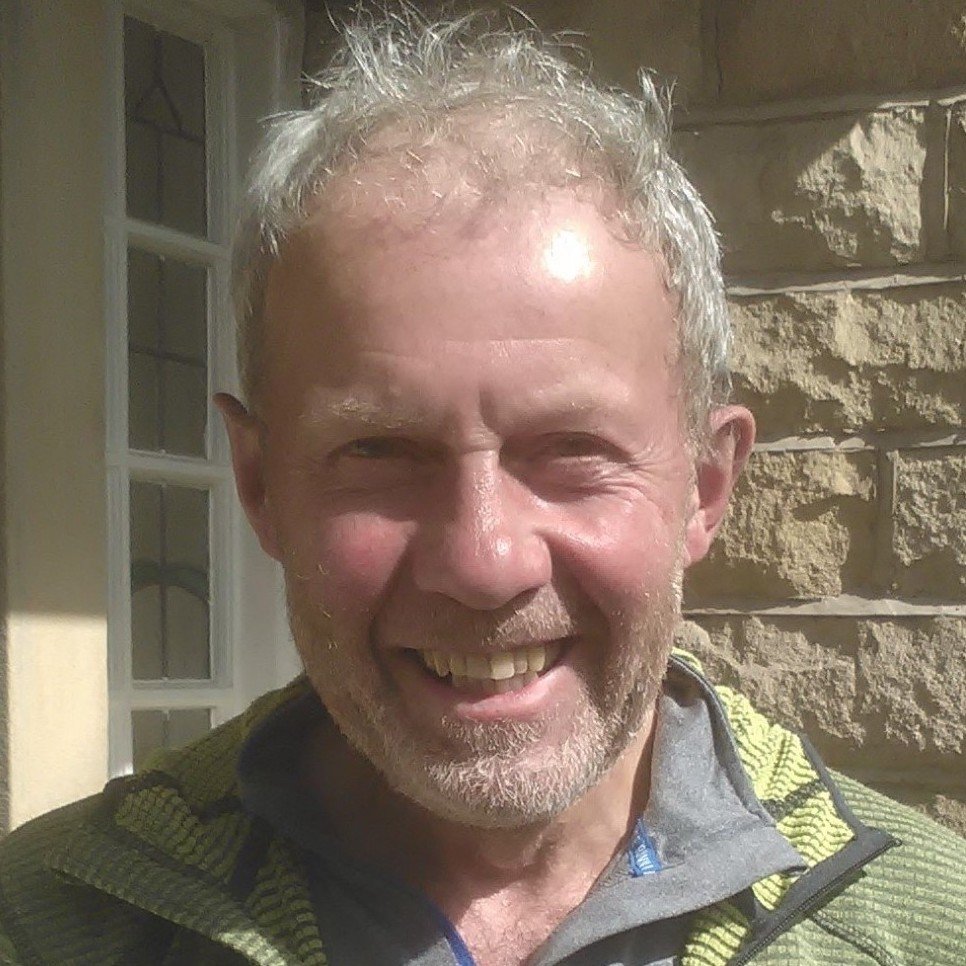
Widely respected across Europe, Geoff has published over 40 refereed papers on the topic of volunteering in sport, as well as 16 book chapters and research reports from 13 projects. Most recently Geoff has been researching the response of community sports clubs to the Covid-19 restrictions, and the ‘community asset transfer’ of the management of leisure facilities to volunteers. Both of these are part of the broad question of how volunteers can best contribute to meeting society’s need for sport and recreation; and thus physical and mental health. Geoff has also researched the role of sport in programmes to reduce youth crime, which was the focus of his PhD and a subsequent book. Geoff has a sharp focus on making his research relevant to policy and practice, a key function of the OSS.
He was a founding member of the UK Sports Volunteering Research Network, which facilitates exchange between practitioners and academics, and is a member of the steering group of the Voluntary Sector Studies Network and the research advisory group of 'Power to Change'.
Also a keen mountaineer and climber, and committee member of his local mountaineering club, Geoff can often be found in the hills and mountains of Scotland. He was a professional outdoor instructor for eight years, working with the Outward Bound, and has led Scouts groups since the 1970s.
Geoff states: "While sport and physical exercise makes a vital contribution to individuals’ wellbeing participation is uneven and differences between the health of groups are growing. Thus, promoting sports participation is only part of improving the wellbeing of everybody in society."
OSS Research Associates
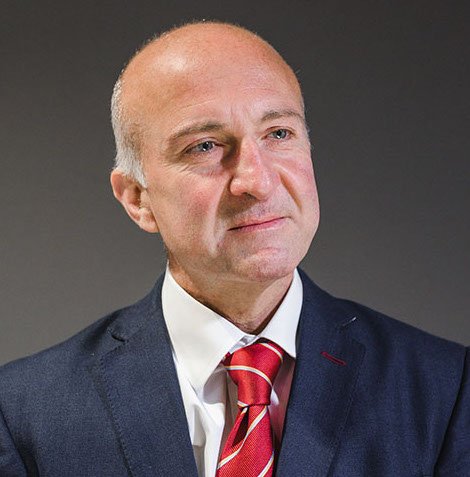
An author of and contributor to OSS reviews, Simon's recent research areas have included assessing the economic impact of major sport and cultural events, assisting National Governing Bodies with strategic planning, monitoring and evaluating the impact of sport initiatives and interventions, and measuring performance in elite sport. Simon and the SIRC team are committed to conducting high quality research that makes a positive difference for clients.
Simon prides himself with two key strengths. First, he uses technical management accounting rigour and common sense, in equal measure, to deliver credible and practical solutions for clients. Second, he is a clear communicator of complex information that is pitched appropriately for the intended audience. As a leader of his team and an academic, Simon's ethos is that managerial excellence and academic excellence are not mutually exclusive. He is in regular demand as a speaker at national and international conferences and is a widely published author of both textbooks and peer reviewed papers with a variety of collaborators from across the world of sport management.
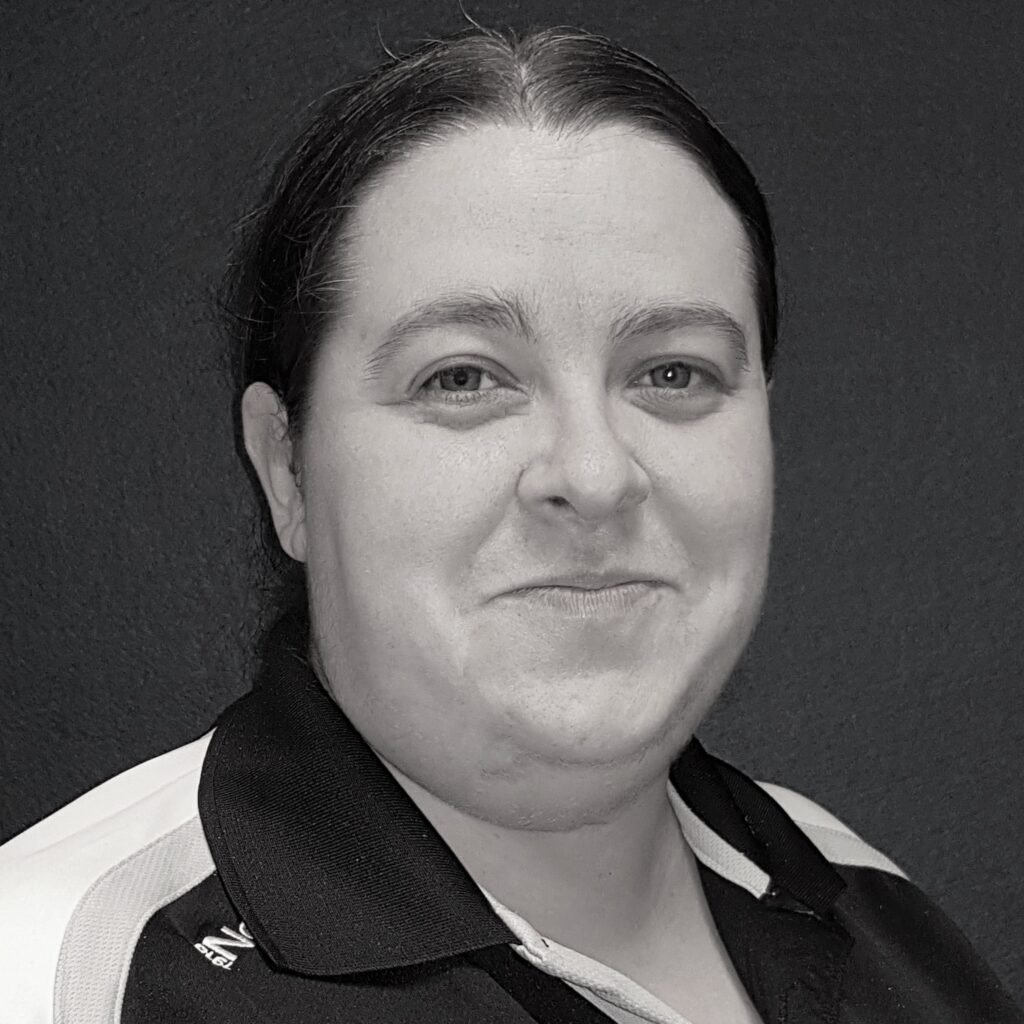
She studied her BSc (Hons) Sport and Exercise Sciences at Ulster University before studying her MSc Sport and Exercise Psychology at Leeds Beckett University. In 2018, Liz completed her PhD at Ulster University, conducting a cross-cultural analysis of the management and motives of Special Olympics volunteers. During this period, Liz also worked as a research assistant with Special Olympics Europe Eurasia on a project developing an assessment tool for coaches to evaluate promotion of social inclusion of their athletes with intellectual disabilities within teams and their wider community. Liz has previously worked at Loughborough University and the University of the West of Scotland on research projects working with people living with dementia and people with disabilities.
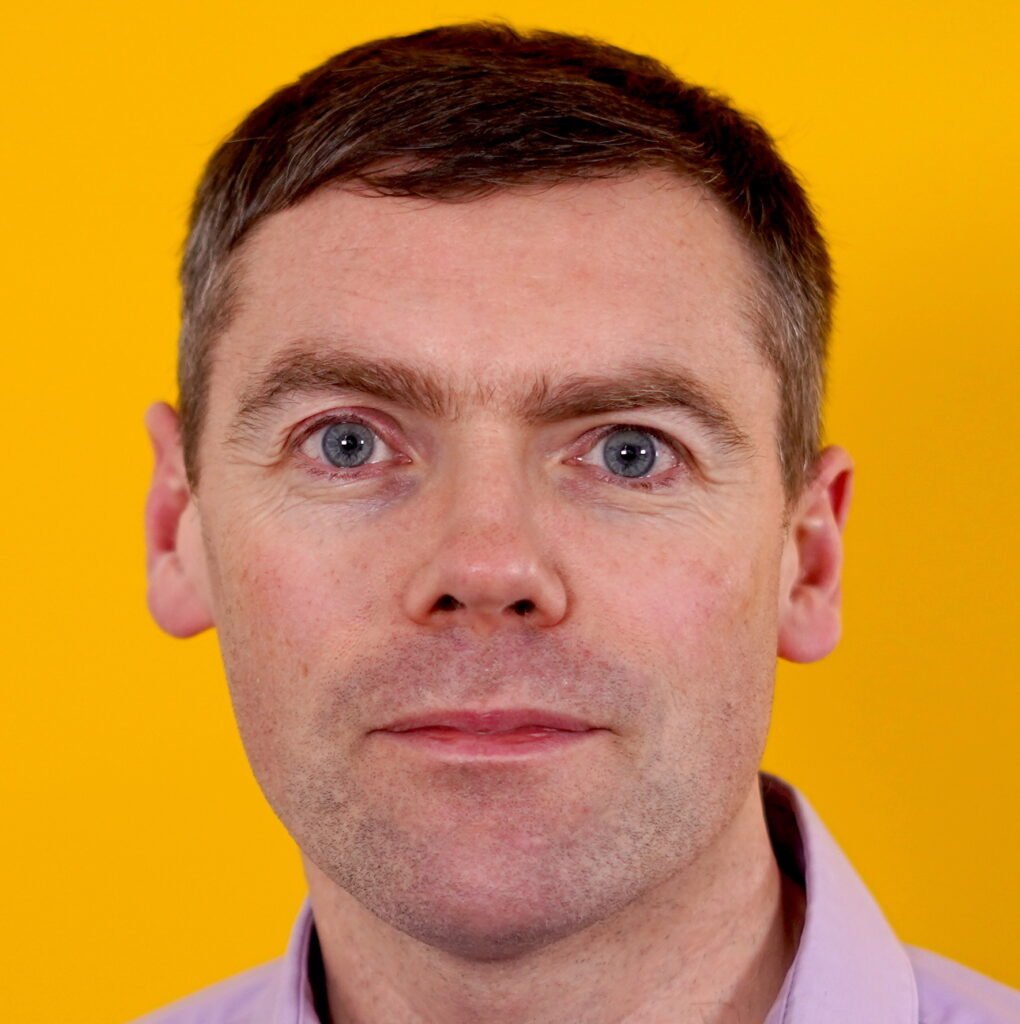
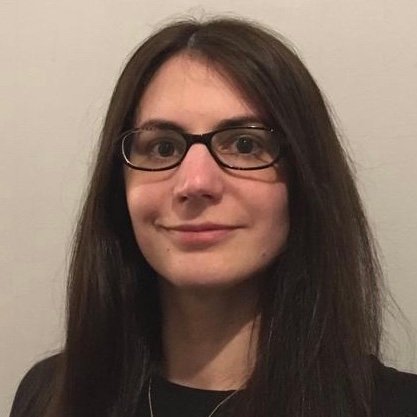
Her research examines women sport leaders and policy makers, how they are represented, their experience in their roles and their effect on gender equality in sport policy in Wales. She recently presented her results at the UN Commission on the Status of Women NGO parallel panel as part of the Wales Assembly of Women presentation on women’s representation in Wales.
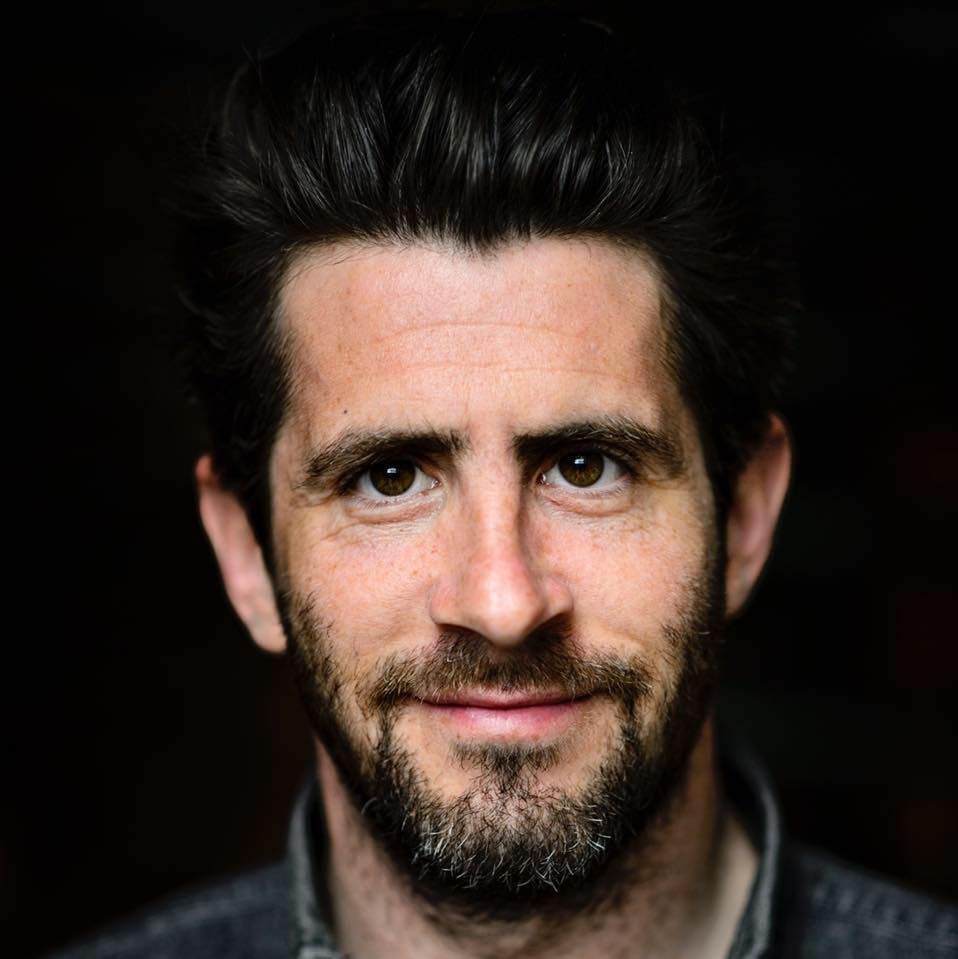
Michael Dassa has joined the OSS to help us develop our understanding of and research development in this area. Michael is an accomplished consultant and researcher with expertise in pedagogy, didactics, esports, mindset and motivation across the private and the public sector in education. Michael is passionate about questioning the status quo, leveraging new solutions to known problems and transforming the most up-to-date knowledge and research into strategies for esport development in education. Michael is currently developing educational initiatives within gaming and esports in partnership with schools, colleges, universities and esport Denmark.
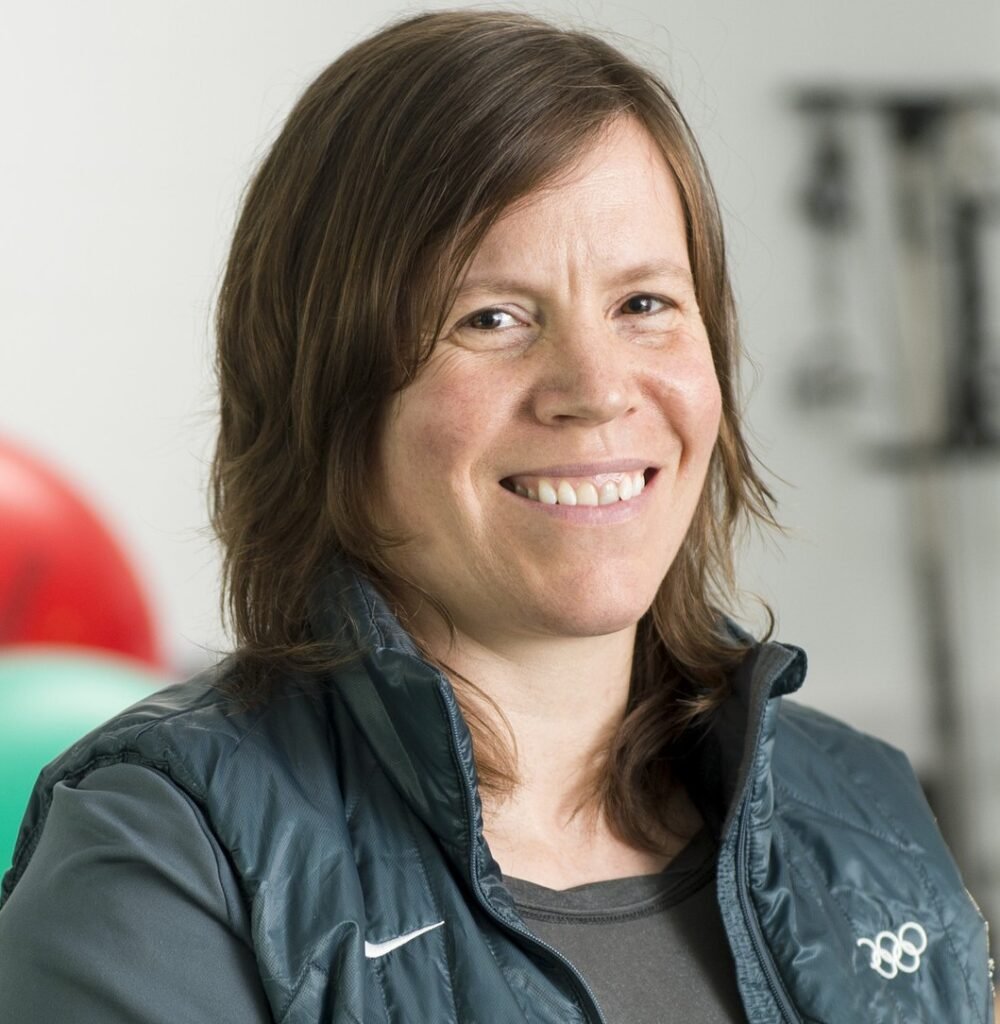
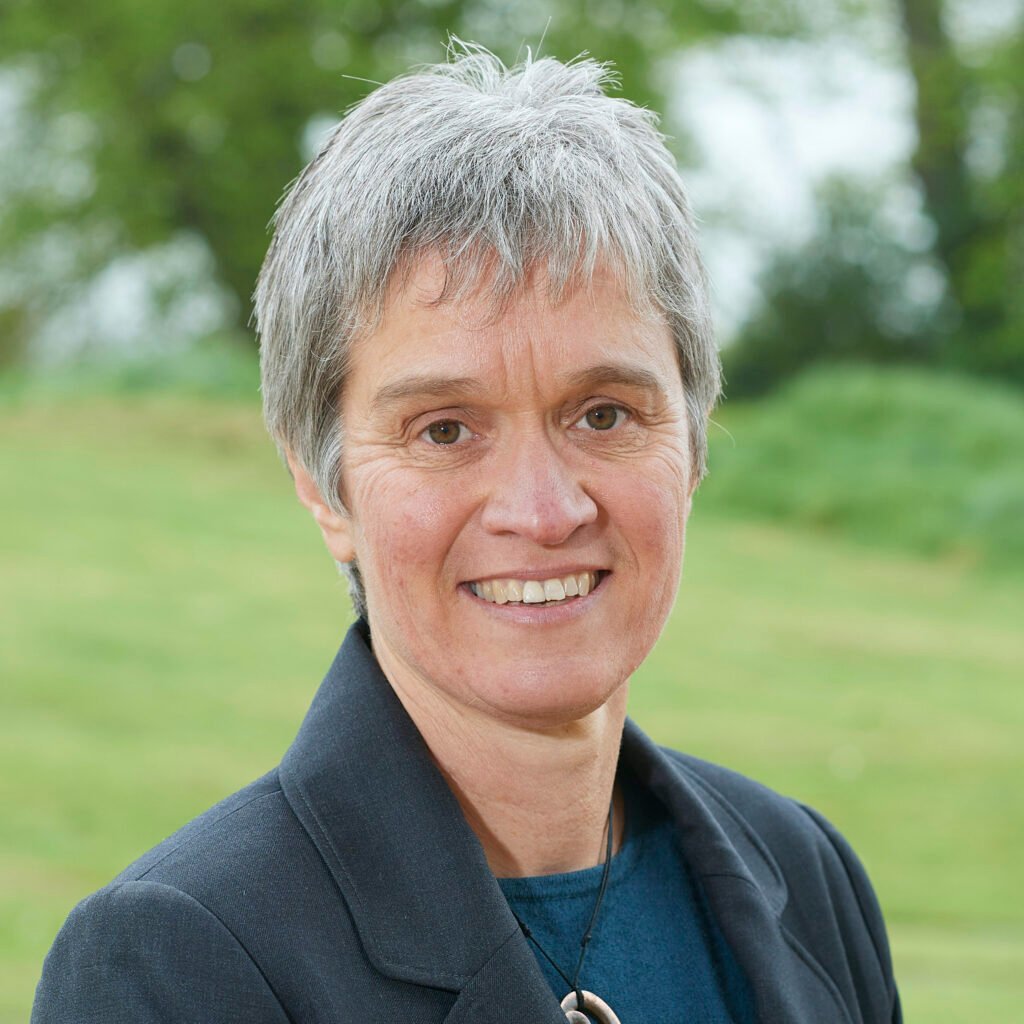
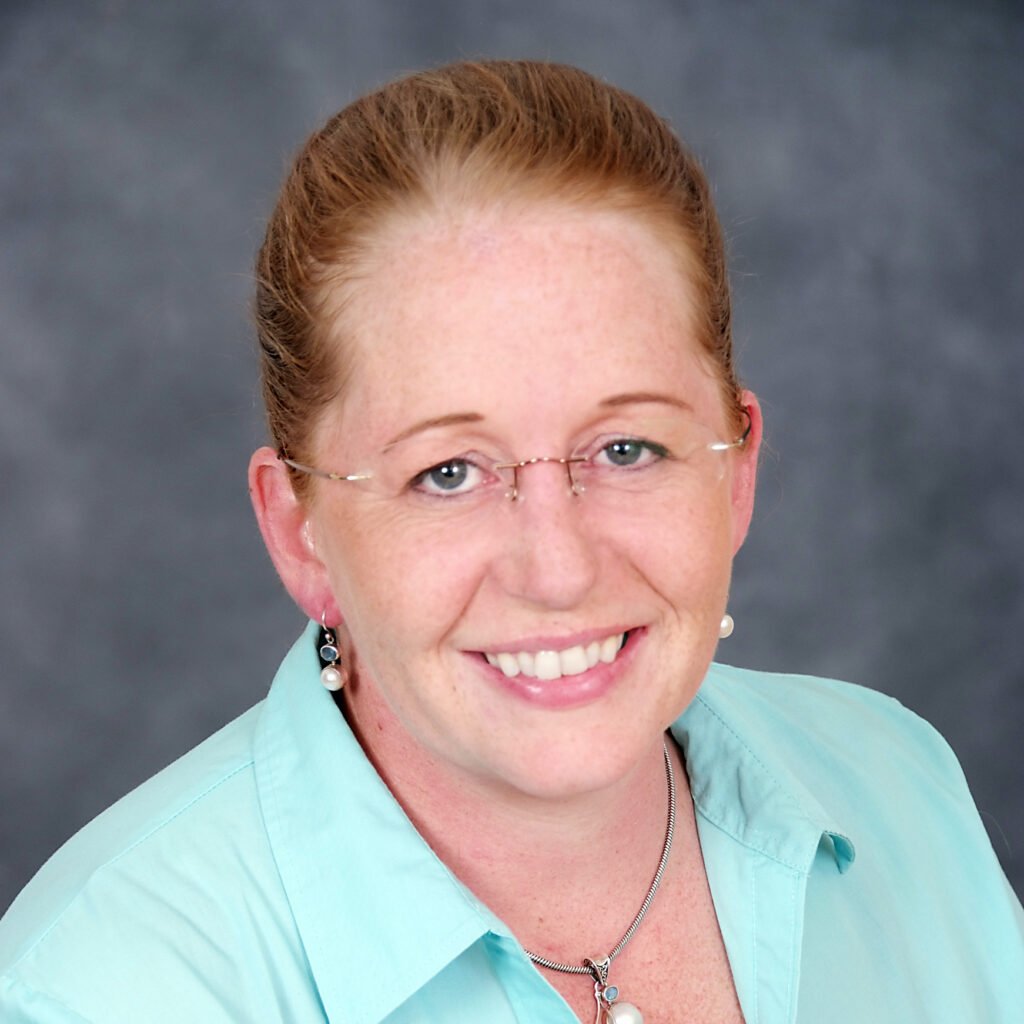
As an Exercise Physiologist, she has a keen interest in exercise rehabilitation within a falls prevention scope, from the hospital based physiotherapy delivery to the community based specialist exercise instructor provision. Her current research ranges from motivation and patient preference to engaging the very frail, increasing adherence to long term exercise and working with the pre-frail to prevent poor outcomes later. Implementation, fidelity and quality of evidence-based interventions when delivered in different settings is also her passion. Whilst specialising in randomised controlled trials, she often leads mixed methods studies (including the MRC funded Seniors USP: Understanding Sedentary Patterns) and is a lead and co-author on multiple Cochrane Systematic Reviews.
She Chaired the Royal Osteoporosis Society’s Statement on Exercise and Osteoporosis (2018) and the Older People panel for the UK’s update of the Physical Activity for Health Guidelines (2019). She is currently Chair of the British Geriatrics Society Rehabilitation Group and is part of the Community Rehabilitation Alliance and the National Falls Prevention Co-ordination Group within Public Health England. She is a Member of the Scientific Advisory Board for the Older People and Frailty Policy Research Unit (OPFPRU) funded by the NIHR. In her spare time she is a Director of the not for profit training company, Later Life Training, based in Killin, Perthshire.
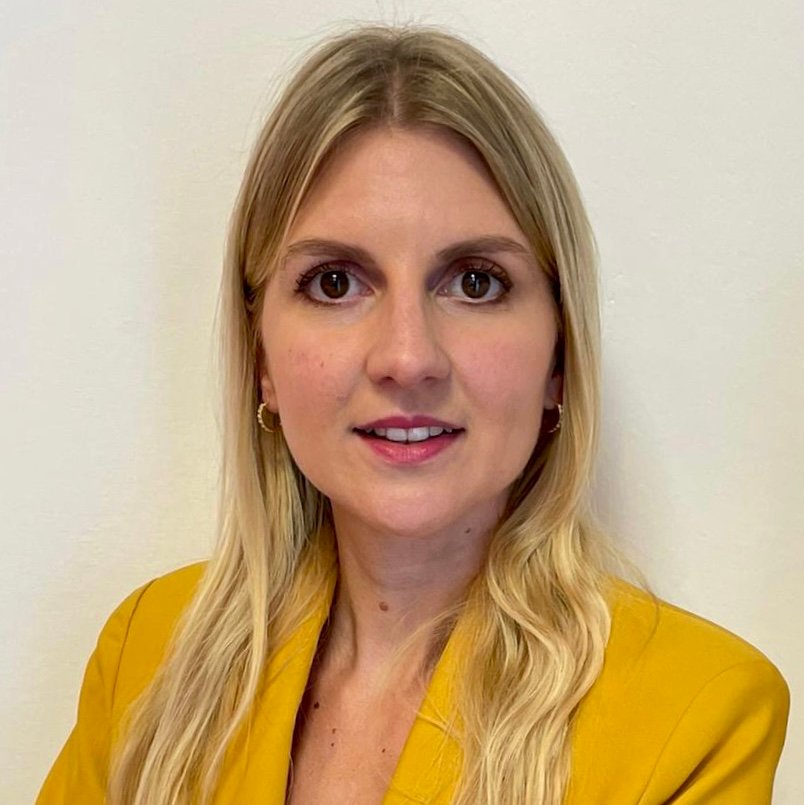
She has worked with a range of organisations, including the Italian Olympic Committee (CONI), the International Organisation for Migration (IOM), Lega Pro (the Italian third division football association), Society Empowerment Projects (SEP) and the EU Commission – EACEA Agency, and founded the consultancy Human Rights at Play.
Marianna has been involved in teaching at the Università degli Studi di Padova (IT), the University of Edinburgh (UK) and the Université Général Lansana Conté de Sonfonia (GNQ). Her research areas include questions on social change and sport for social inclusion, and addresses the promotion and protection of human rights through sport.
She has delivered numerous presentations at international conferences on sport, discussing areas of Sport for Development, Mega Sporting Events, and Human Rights, and published academic papers on the role of sport as a platform for social inclusion.
She was the principal investigator of a recently concluded EU funded project – Sport Opens School (SOS) – which developed a Physical Education teaching module for high schools, where fair play, anti-discrimination, human rights and soft skills are part of the curriculum. Her PhD study focuses on the role of football in the development of belonging in forced migrants living in Scotland and Italy.
Marianna, who is fluent in English, Italian, French and Spanish, holds an MSc in Human Rights from the London School of Economics and Political Science (UK) and BA in Political Science and International Relations from the University of Padua (IT). She is currently completing a PhD in Sport for Development at the University of Edinburgh (UK).
Website: humanrightsatplay.com.
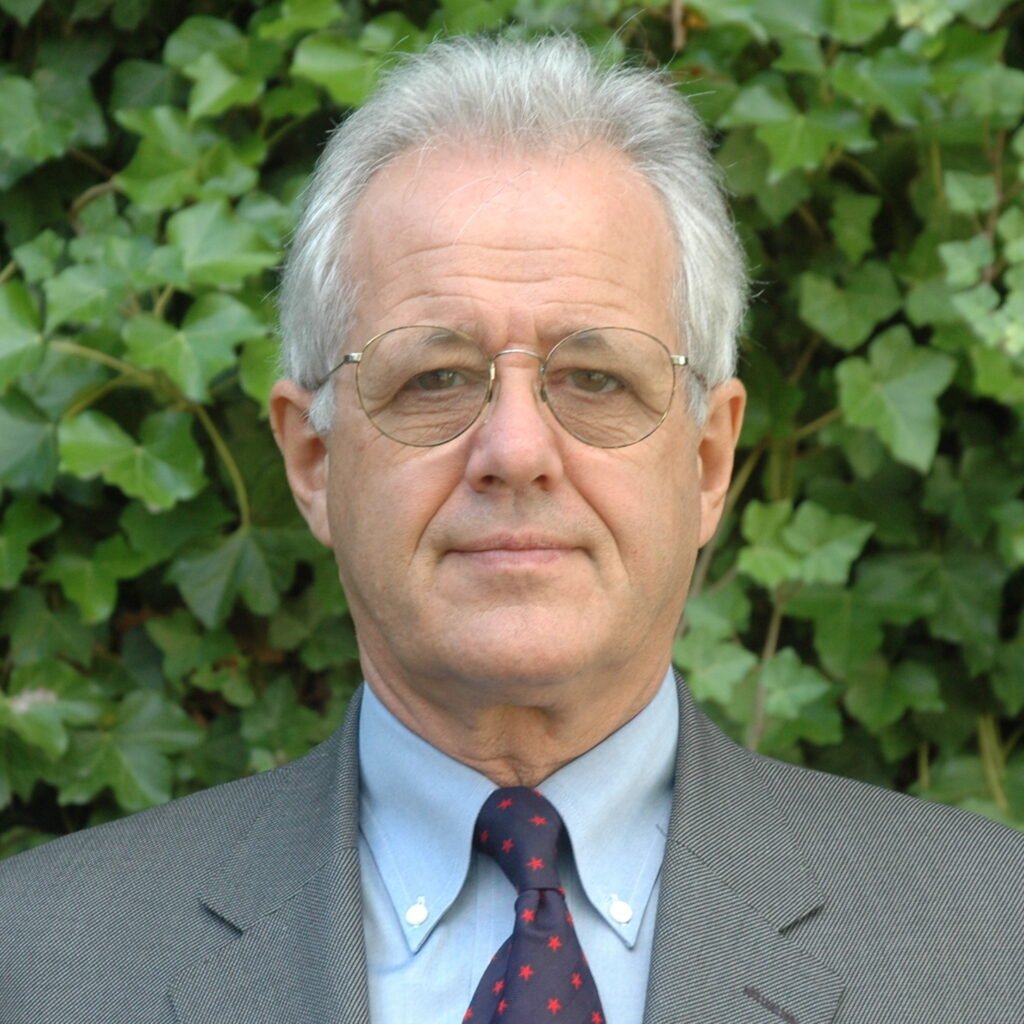
Fred has worked on monitoring and evaluation (M&E) with sport for development organisations in the UK, seven sub-Saharan African countries, India and Brazil, and was a member of the board of the Nairobi-based Mathare Youth Sport Association’s Leadership Academy, working on M&E with Magic Bus (India) and Sportstec (South Africa). He was a member of the Office of the Deputy Prime Minister’s Neighbourhood Renewal Unit’s Working Group on Sport, the UK Centre for Social Justice’s Working Group on Sport and Social Regeneration and the UNICEF Working Group on Monitoring and Evaluation of Child-focused Sport for Development.
Currently, Fred is a member of the Scientific Advisory Board of the Swiss Academy of Development and the UNICEF Working Group on Monitoring and Evaluation of Child-focused Sport for Development. He recently completed (with staff from VUB) two EU-funded projects: i) developing a programme theory for sport and employability; and ii) to develop a Monitoring and Evaluation Manual for sport and employability. Current research includes developing a manual for the development of community programmes for the promotion of physical activity (Football Foundation and Sport England) and a curriculum for combining youth work with sport for employability (European Union).
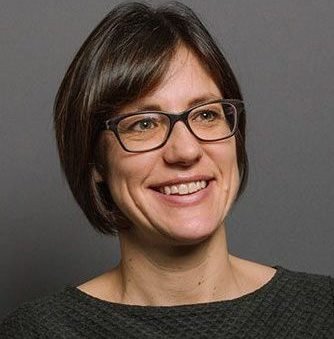
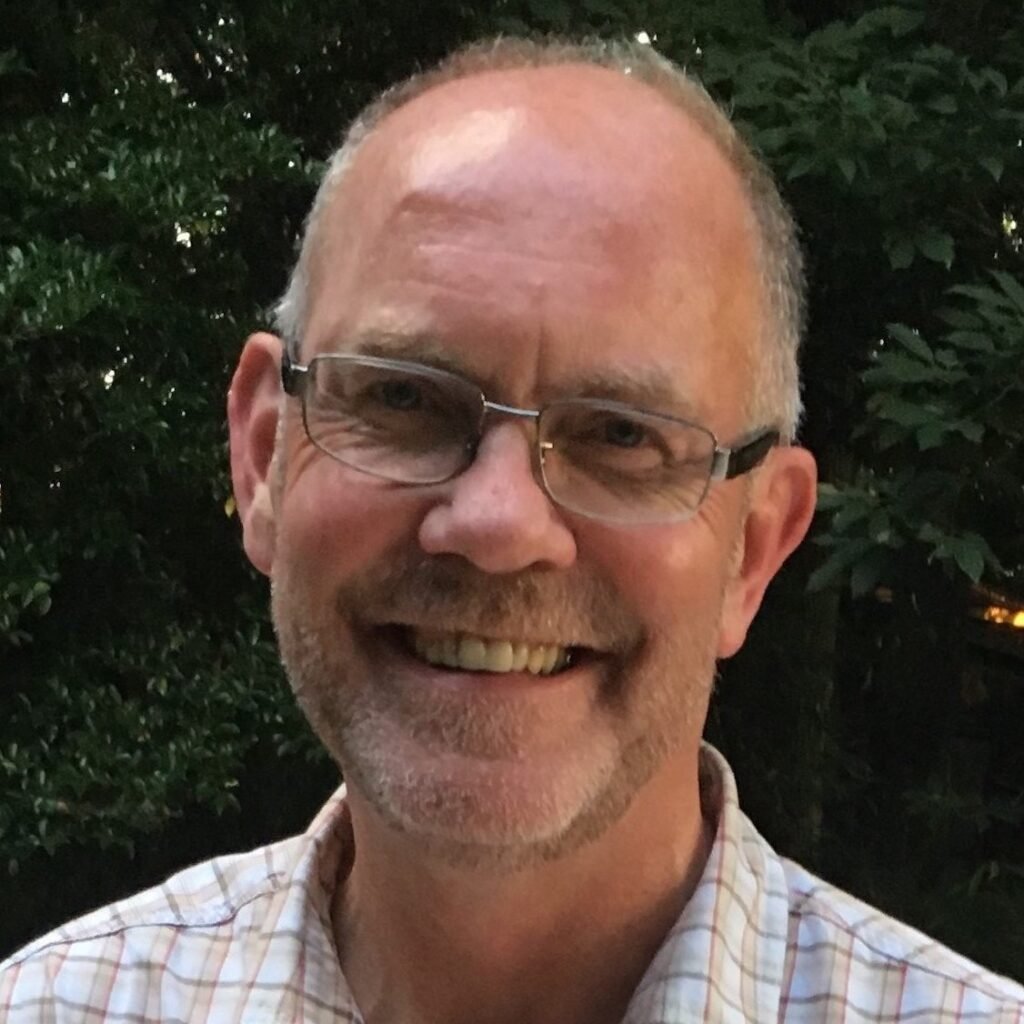
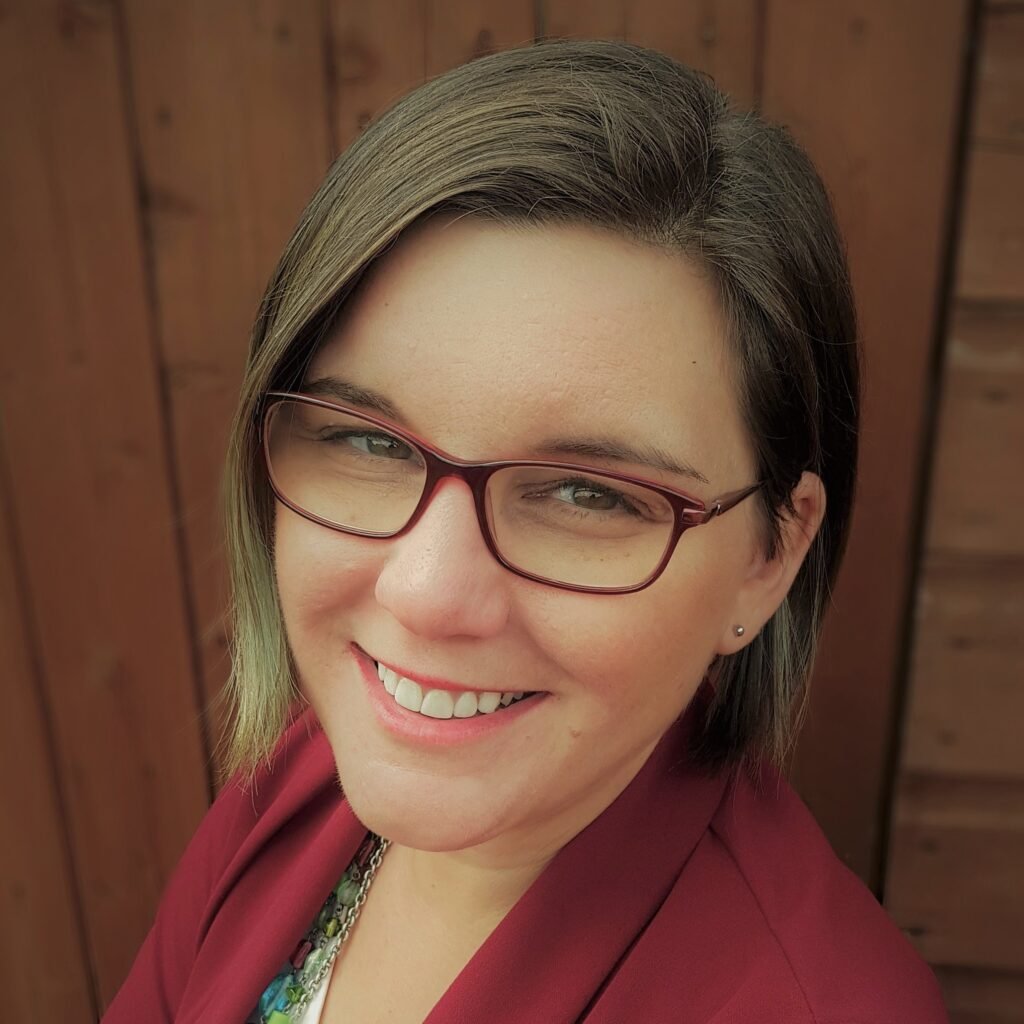
As a researcher, Sarah examines gender in sport, focusing on the experience of adolescent girls. Her ground-breaking work on menstruation and sport helped her earn the Early Career Scholar Award from the Journal of Sport for Development and she hosted the UK’s first workshop on sport and menstrual health in 2020, through a Wellcome Trust Foundation grant.
She has conducted research in the UK, USA, Africa, Europe, Asia and the Caribbean. Working with global partners such as the International Working Group for Women in Sport (IWG), the Women Win Foundation, the UK Government, the Gender Equality for Generation Z (GETZ) EU project, the Sheerose Foundation (India) and the University of Tsukuba (Japan), her work has helped inform policy and practice in sport.
Sarah earned her PhD in Development Studies at Erasmus University (Netherlands) and a master’s degree in Sport Management from Virginia Commonwealth University (USA). An immigrant from the USA, Sarah is a mum of two adolescent girls and has lived in Scotland and the Netherlands - and has developed a great interest particularly in Scotland's Highland Games - as her action pic demonstrates!
Dr Zipp's research is available at: https://www.stir.ac.uk/people/256560#outputs.
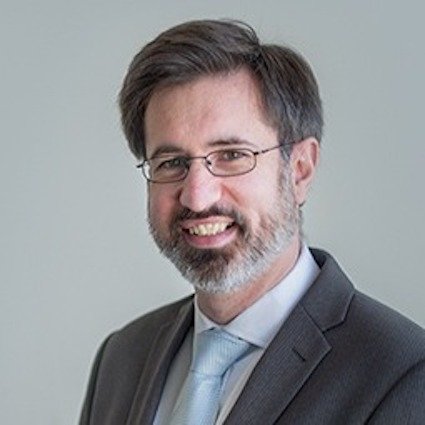
Ian holds a number of academic leadership positions nationally and internationally, is the current Honorary Chair and trustee of the Joint University Council (JUC) - the UK learned society for public administration, public policy and social work - and in this capacity represents UK universities who teach and research in these subjects. He is subject expert in Public Sector and Healthcare on the CABS Academic Journal Guide Committee, and a member of the International Commission on the Accreditation of Public Administration and Training Programs (ICAPA) Accreditation Committee. He co-convenes the International Institute of Administrative Sciences EGPA Permanent Study Group IX Teaching Public Administration, and is a member of the Editorial Board of Teaching Public Administration, Policy Policy and Administration and Public Administration: An International Quarterly.
Ian has over 15 years' experience of teaching and learning across five UK universities, leading the development of postgraduate and doctoral programmes in public administration and management, and has also held strategic leadership roles within and across faculties including at Graduate School and Senate.
Much of his prior academic experience has included engaging with employers such as City of Edinburgh Council, Dundee City Council, Orkney Islands Council and Association of Chief Officers of Scottish Voluntary Organisations, and he also runs training courses and is a popular speaker at academic and professional events, including for the Higher Education Academy, MacKay Hannah and Holyrood Events.
Ian is a Senior Fellow of the Higher Education Academy (SFHEA), a Fellow of the Royal Society for the Encouragement of Arts, Manufactures and Commerce (FRSA), a Fellow of the Chartered Management Institute (FCMI) and a Chartered Management & Business Educator (CMBE).
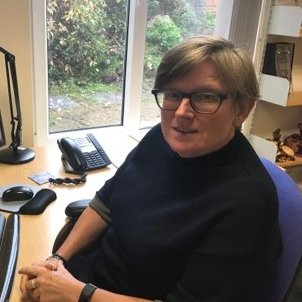
In 2015 she was awarded an MBE for her contribution to people with intellectual disabilities. Currently Emeritus Professor of Clinical Psychology, she is still engaged in a wide range of research projects around sport, physical activity and disability, sits on the Board of GB Special Olympics and provide swhatever expertise she can to promote this organisation and others with similar aims.
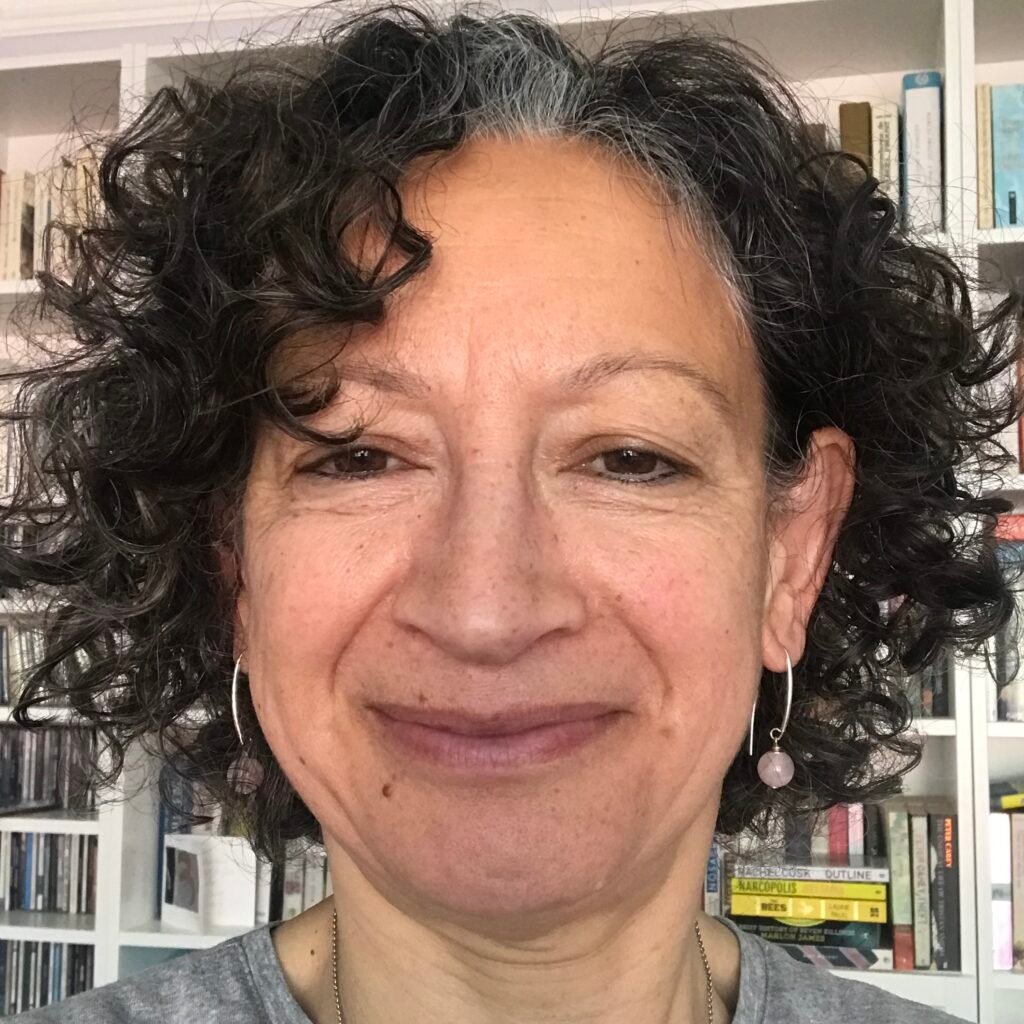
Emmanuelle contributed to the emergence of the discipline of cultural gerontology, developing a new language to rescue aged experiences from the narrative of inevitable decline. This has positioned her well for examining critically the turn to physical activity as the new norm of ageing. She, therefore, chose to focus her attention on the structural conditions in which the aged body is able to be put into movement – what factors facilitate and hinder the development and maintenance of what she terms a physical activity career - whilst reframing physical movement as a practice of freedom, rather than as an exclusively health or anti-ageing practice.
In empirical terms she has conducted research with, inter alia, Master athletes, parkrunners, women mountaineers, perimenopausal women and older gym users.
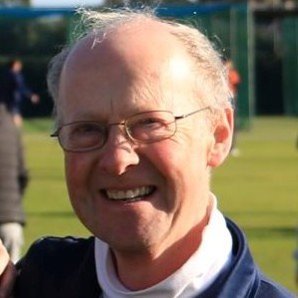
James remains an enthusiastic golfer who has mostly played off a single figure handicap for the last 50 years, playing for St Andrews University in the Scottish University Golf Championships and remaining a member of the Scottish Universities Golfing Society. As a volunteer in sport, he has helped marshall at a number of British and Scottish Open Championships held at Muirfield and Gullane, and was also Chief Recorder looking after the teams that recorded the scores of the players at the Open at Muirfield in 2002.
This passion for sport combined with his academic background stoked his enthusiasm to help the OSS to shape its research and evidence base to help Scottish sport more widely. James graduated from St Andrews University with a Botany degree in 1978 and after a year at the University of California in Riverside, he did a PhD at Cambridge, where was was a golf Blue. His career took him to Heriot-Watt University where he developed an interest in the science and technology of malting, and into roles as Director of the Brewing and Distilling degrees at Heriot-Watt University and Fellow of the Institute of Brewing and Distilling. He also held positions with the University of Edinburgh and University of Adelaide, in Australia.
James has conducted widespread research in recent years and been an external examiner across a range of British universities, and is looking forward to supporting the OSS to maintain high standards of academic rigour in its research programmes.
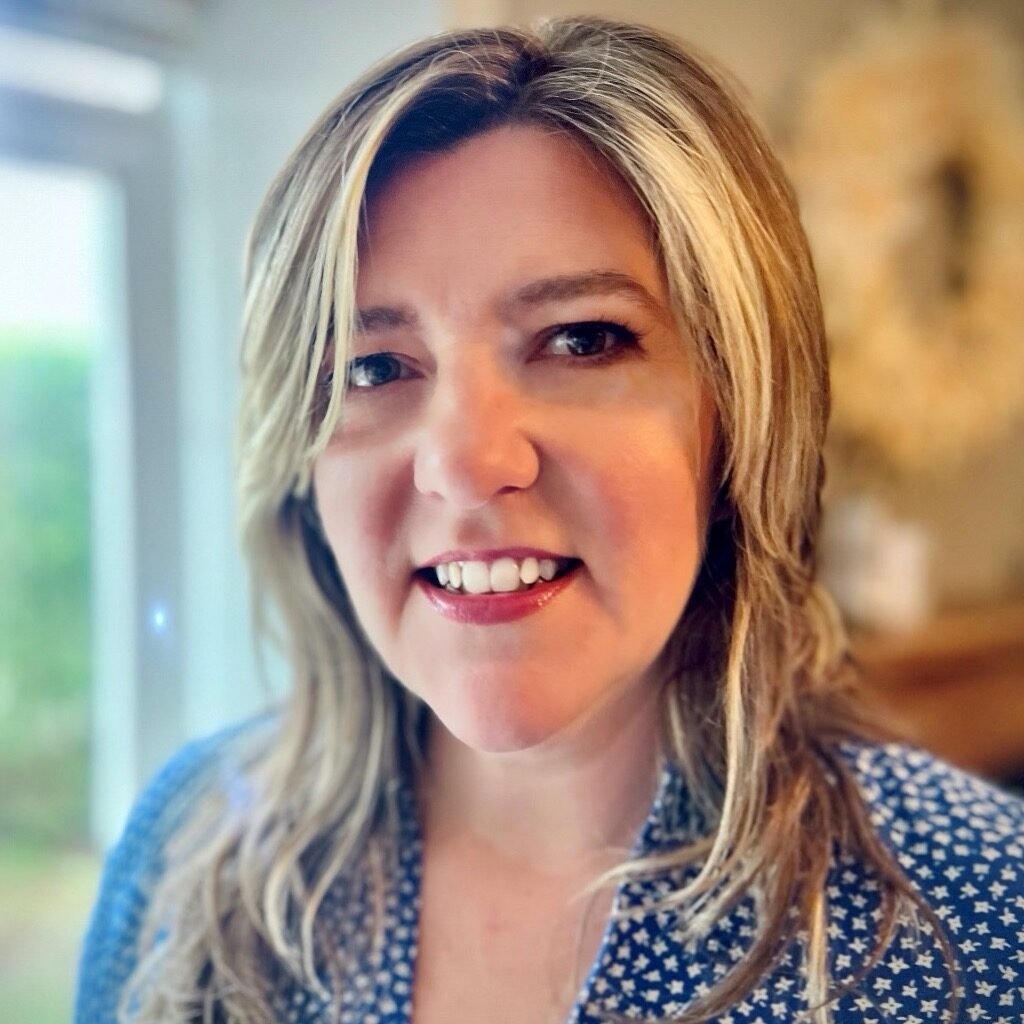
Angela’s doctoral research explored the narrative dynamics of physical activity intervention and spawned her interest in new materialism and post-qualitative inquiry. Her current work aims to address UN Sustainable Development Goals 3 and 5 with the funded studentship project, Transforming the Transition to Retirement. This research seeks to extend the healthy life years of older women by investigating the relationship between retirement transitions and physical-activity-related social prescription.
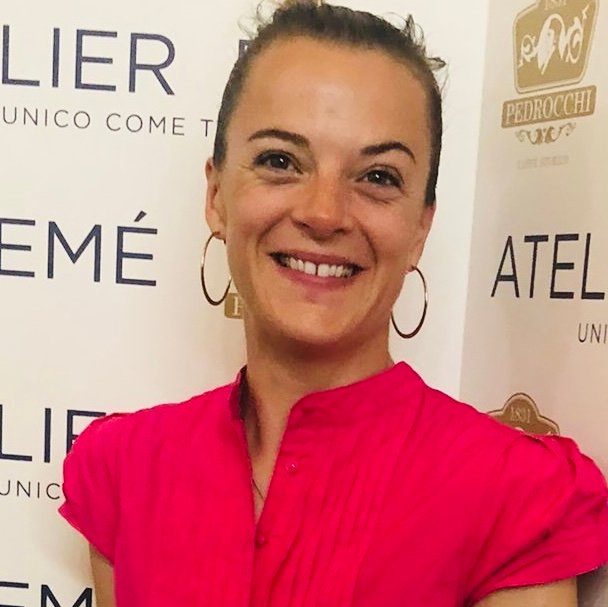
Since 2009, Hayley has worked as a sport psychology consultant to athletes and coaches across a variety of sports (e.g., football, triathlon, golf, athletics). Applied sport psychology work has led to a particular interest in the duty of care to athletes and athlete support personnel (e.g., coaches). Hayley has an interest in mental health literacy (MHL) and has developed a programme to support MHL in many contexts (e.g., third sector settings, football youth academies).
Hayley is actively involved in endurance sport where she competes for Great Britain in her age group in triathlon and duathlon.
Email: hayley.mcewan@uws.ac.uk.
UWS research portal: https://research-portal.uws.ac.uk/en/persons/hayley-mcewan.
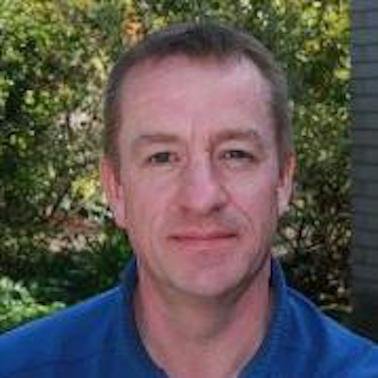
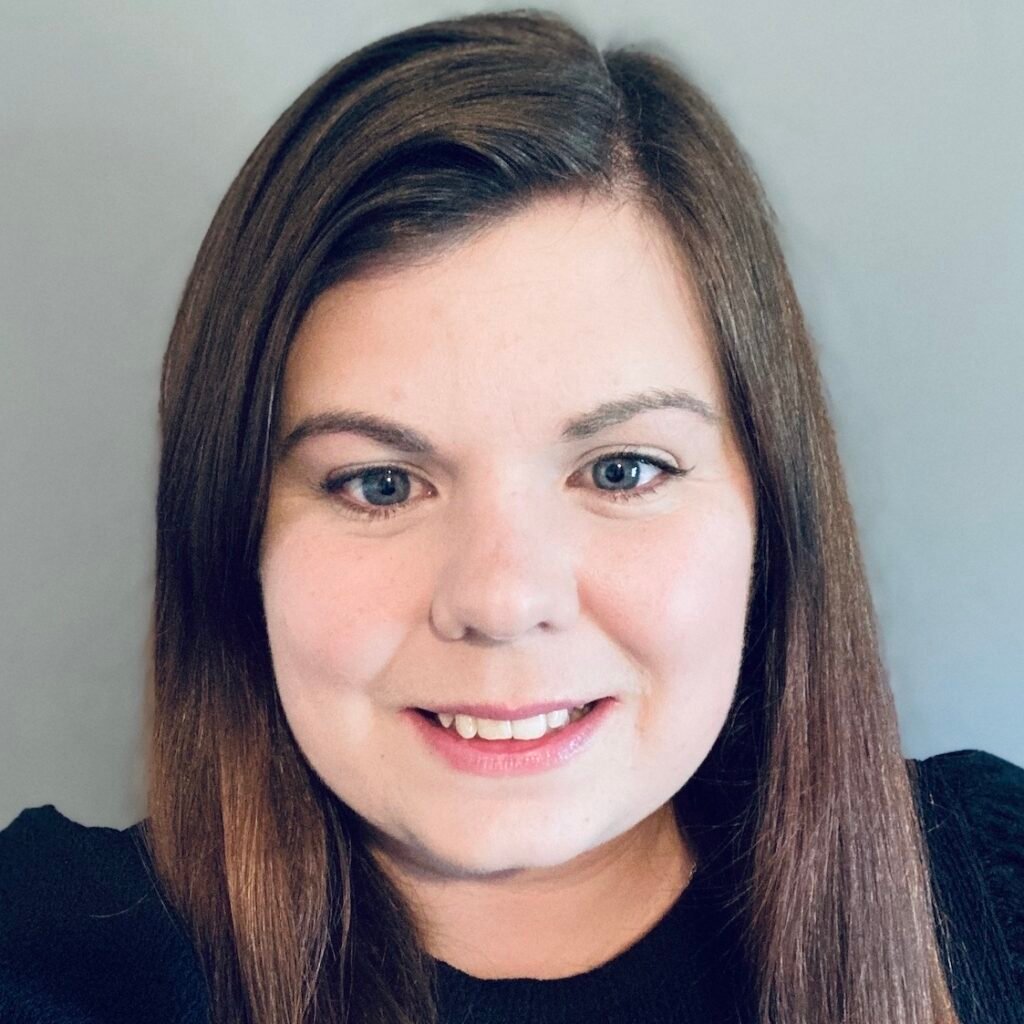
Paula completed a PhD exploring the gendered perspectives of female sports coaches, reporting on athletes’ perceptions of gender in the coach-athlete relationship and coaches’ experiences, with findings applied to practical settings in sports development and coaching.
Prior to studying for her higher degree, she completed a BSc (Hons) in Physical Activity and Health and was previously a Club Development Co-ordinator for Scottish Swimming in the North East of Scotland, where she successfully increased participation in swimming, and contributed to improving coaching quality and the club structure.
Paula is a Level 2 swimming coach and a CIMSPA Coach Practitioner, and prior to her return north was involved in coaching the Loughborough University swim team. Previously, she was the Lead Coach for the Edge Hill University swimming team. Her experiences in swimming have allowed her to develop an understanding of the realities of coaching and sports development in recreational, club and performance environments.
Paula has a keen interest in sport having participated in athletics and swimming, representing Scotland in athletics at the Loughborough International and Celtic International tournaments.
She recently worked with OSS Research Officer Ryan Brown on the OSS Women in Leadership in Scottish Sport research conducted on behalf of Scottish Women in Sport.
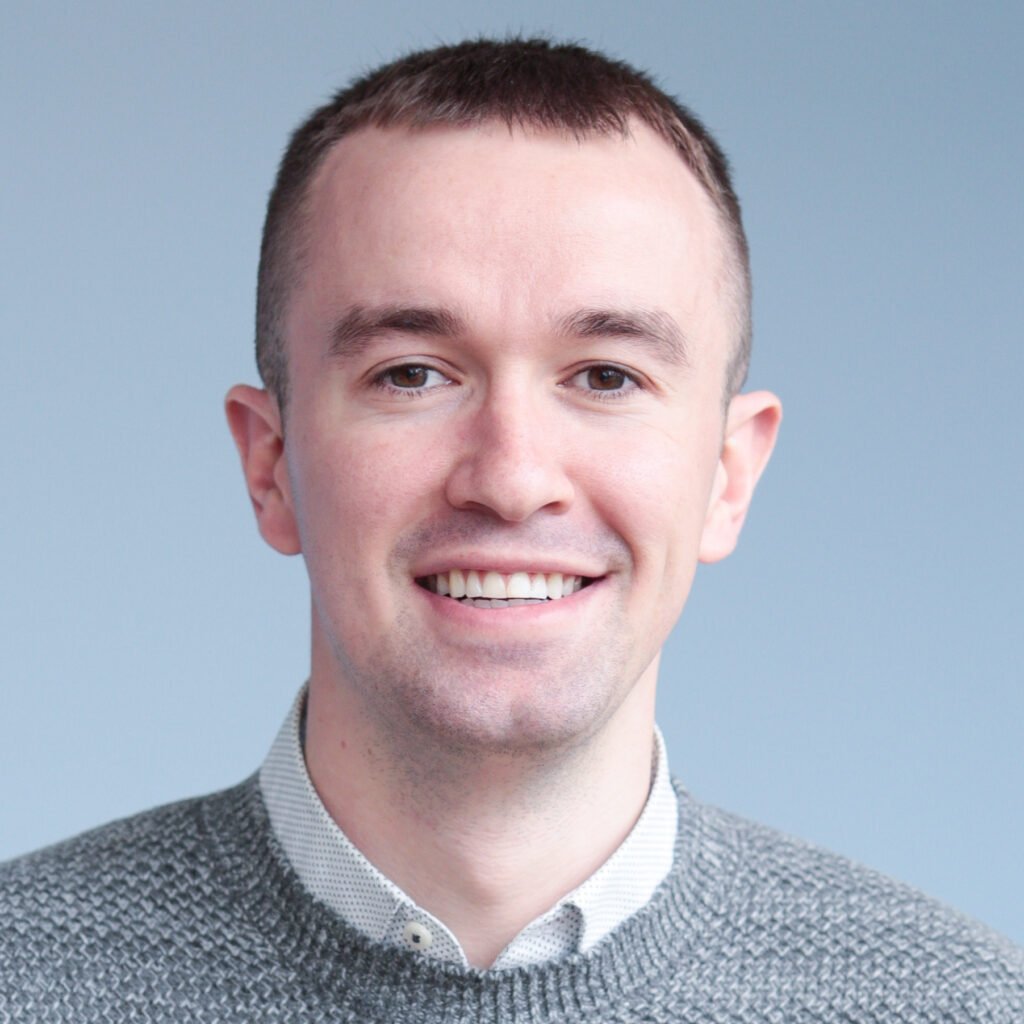
He holds both MSc and BSc (Hons) degrees in Sport Coaching from the University of Stirling and University of the West of Scotland, respectively. Mark currently coaches academy players at Ayr United football club, and previously held community coaching positions at Celtic FC – where he worked in Scotland and abroad – and United Sports. Mark also volunteered as a coach for East Renfrewshire Culture and Leisure, helping to run football programmes in partnership with the Scottish Football Association.
Before coaching, Mark played both academy and boys club level football, and competed in Karate at regional and national levels. Outside of sport, Mark has worked as a fitness instructor for South Lanarkshire Culture and Leisure and Lifeguard for Nuffield Health and Camp Seneca Lake Pennsylvania. He is also a keen recreational runner and the large part that sport and physical activity has played in Mark’s life drives his desire to improve participation rates and experiences within these domains across Scotland.

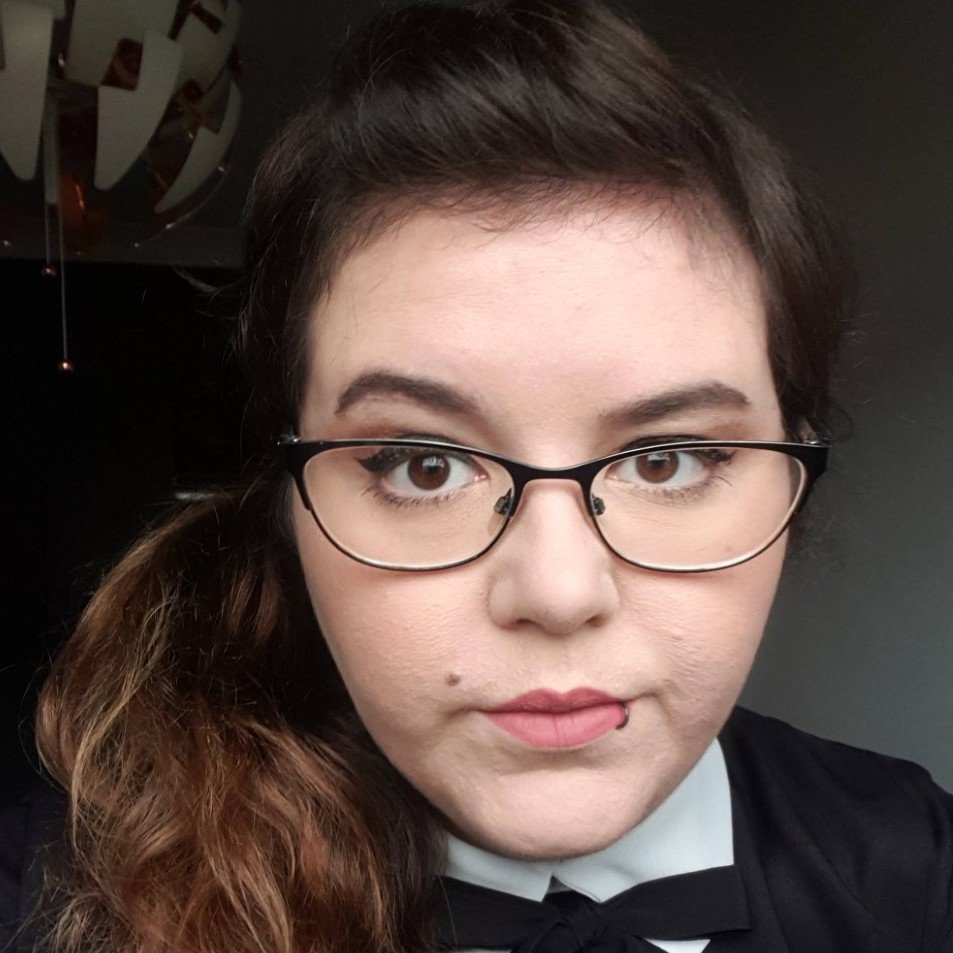
She studied Psychology and Games Design at Glasgow Caledonian University (First Class, and winner of Best Performing Student Award) and Science and Technology Studies at the University of Edinburgh (Distinction, and recipient of the Highly Skilled Workforce Scholarship).
Carina lectured and tutored Games User Research and User Psychology at GCU between 2018 and 2020; presented her work at multiple conferences, gave guest talks at Stirling University; and organised a workshop about Gamification at the EduDays conference by the European Trade Union Institute. She's published in peer-reviewed journals, and is frequently asked to review papers in games studies.
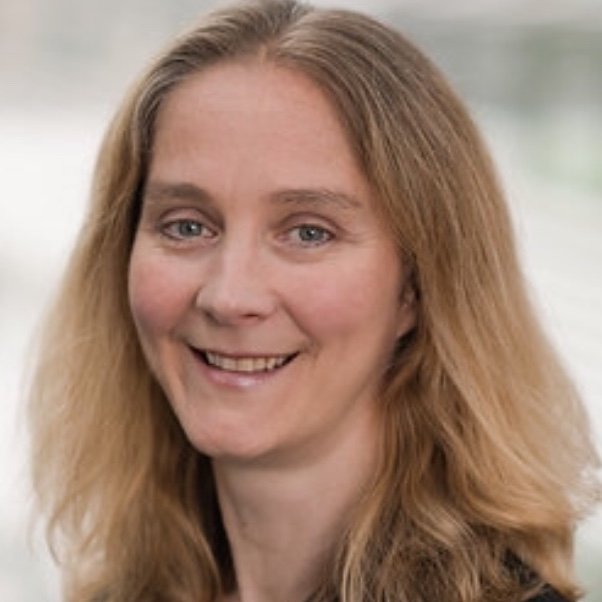
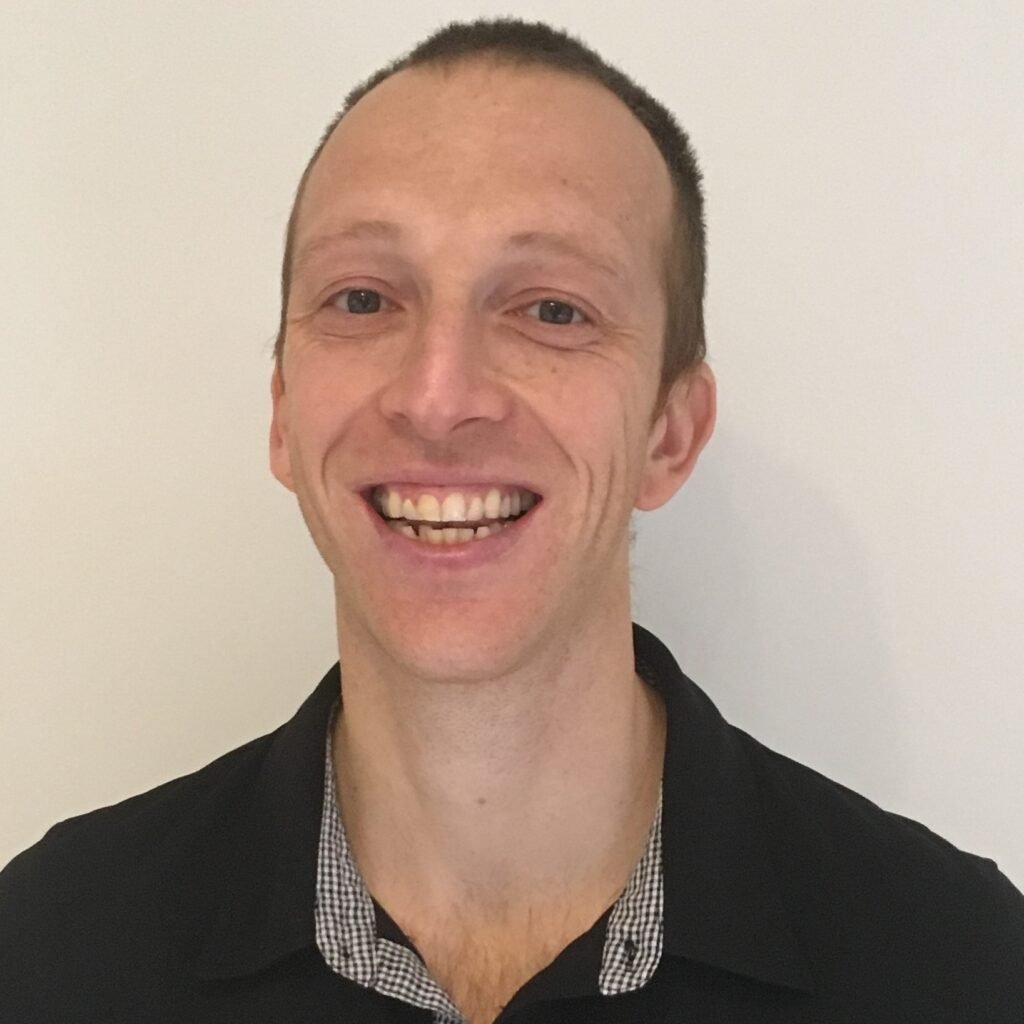
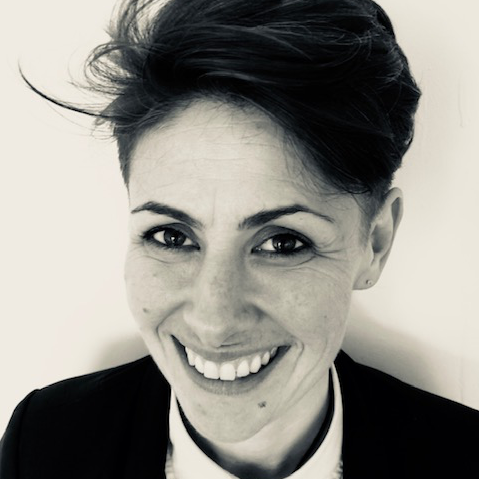
Jen went on to become a PE teacher and has spent the last 15 years working in education in the UK, Spain and Romania. Jen is an experienced teacher, presenter, facilitator and coach who has developed a deep knowledge of personal development, and, now a director at S.T.I.L.L Scotland and anxiety coach, Jen works with young people, teachers and support staff delivering the S.T.I.L.L (Stop, Talk, Imagine, Listen and Learn) Method one to one and in small groups.
She encourages people to make meaningful goals, switch up energy, and generate a toolkit to respond to changing situations with intention and purpose, and her goal at S.T.I.L.L Scotland is to create greater connections and therefore stronger more robust relationships. Using the programme’s simple, accessible and easy-to-remember techniques Jen initiates healthy well-being conversations and encourages people to create sustainable habits through a motivating, supportive and accountable partnership.
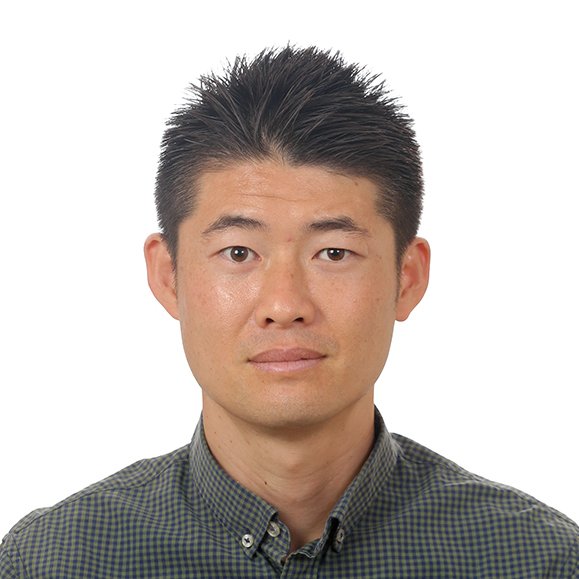
Currently, he is doing an MSc in Sports Policy, Management and International Development at the University of Edinburgh, to enhance his working experience and skill sets in International Development. He is pursuing a career in development and peace-building through sports, for example, to use sports to raise awareness about the importance of education in marginalised communities. His aim is to bring sports to every development programme to help solve social issues.
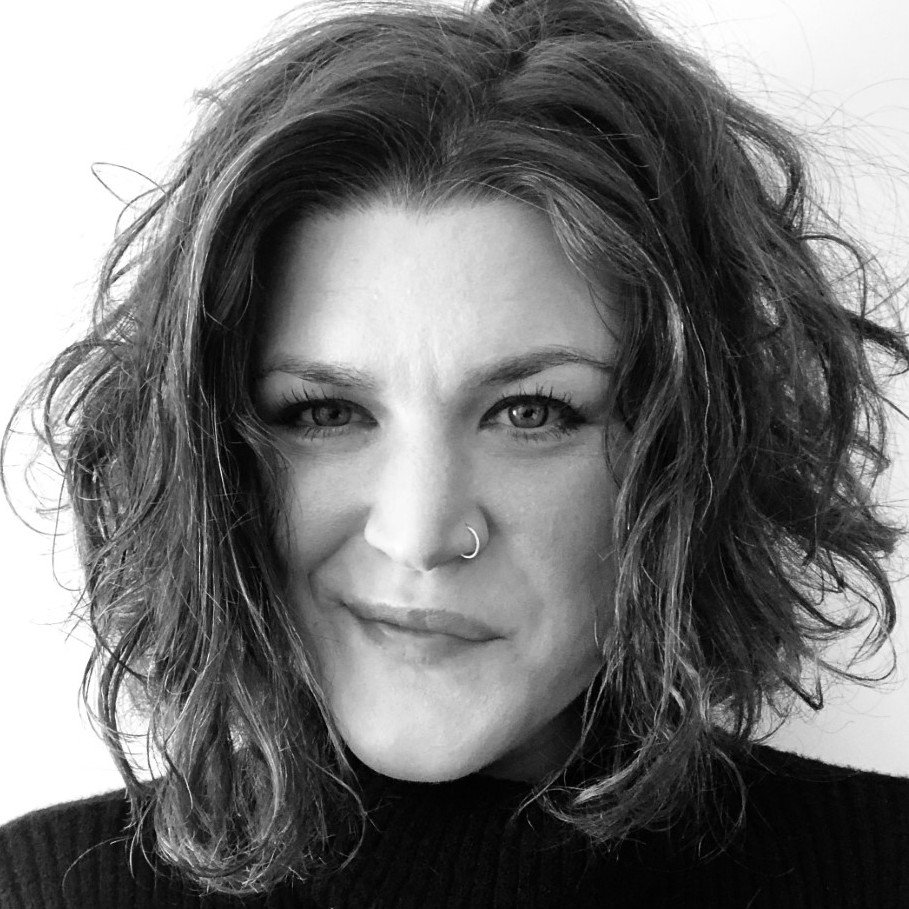
Heather has substantive research interests in digital health, methodological expertise in designing, leading and delivering qualitative and mixed methods studies in applied health sciences and a pedagogical research focus on postgraduate training and employment, within and beyond universities. She is a member of several national and international research groups and works closely with a range of community, government and industry partners to undertake and apply her research, and facilitate student work placements.
Heather currently lectures on Exercise and Health Sciences and Biomedical and Sports Sciences, is lead author or co-author of more than 20 peer-reviewed papers and two edited collections, reviews for a number of high impact journals/publishers and is co-creator of Aberdeen’s original, free-to-play, location-based, augmented reality game for iOS devices: [m]apping. She has also been nominated 'Funniest Lecturer' in the 2020 Aberdeen University Student's Association and University of Aberdeen Awards for Excellence in Teaching.
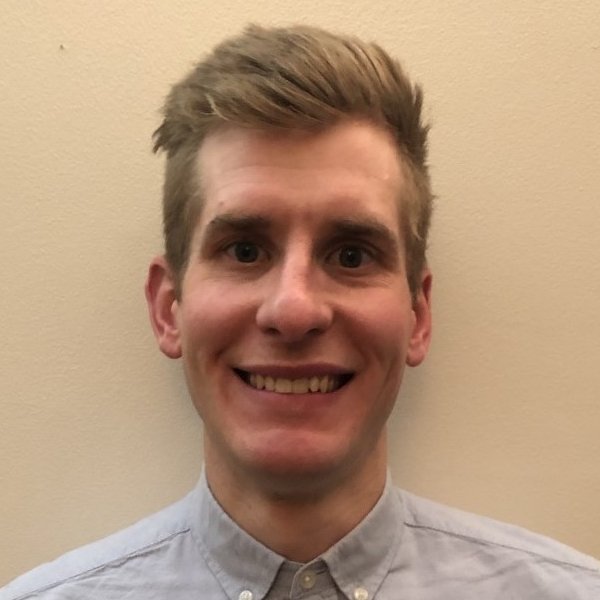
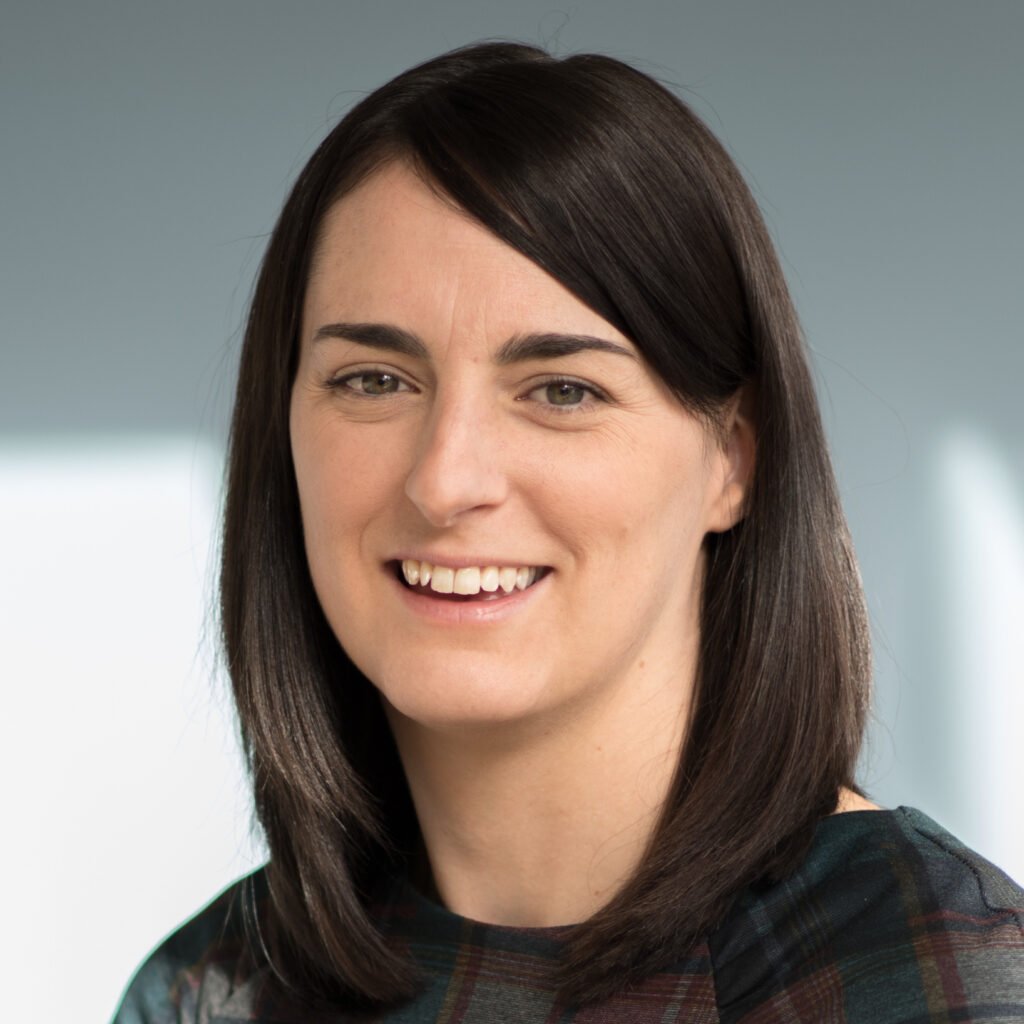
In 2009 Gemma was awarded a prestigious international PhD scholarship at The University of Queensland, Australia, to explore workplace sedentary behaviour in office employees and completed her PhD in 2013. She then started at the University of Stirling where she worked as a Postdoctoral Research Fellow for several years on projects which included investigating physical activity in older women from low socio-economic status areas and workplaces perceptions of physical activity in paid work time. Dr Ryde won a highly competitive Impact Fellowship at the University of Stirling to progress her work in physical activity and sedentary behaviour in the workplace, and is now a Lecturer in the Faculty of Health Sciences and Sport, before moving to a similar role at the University of Glasgow in November, 2021.
Her research interests are still focused on physical activity and sedentary behaviour with a specific interest in the workplace setting. Recent work includes the measurement, prevalence and influences (correlates) of physical activity and sedentary lifestyles, and the development and delivery of interventions to modify these behaviours.
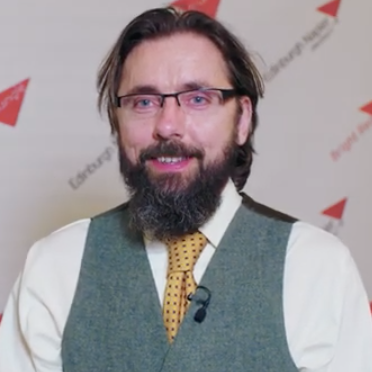
He was a member of the Expert Panel at EuroBike and the World Commission of Sports - Cycling Science Steering Group.
An Associate editor for the Journal of Science and Cycling, he was an invited lead guest editor for Special Issue for Oxidative Medicine and Cellular Longevity, “Exercise, Free Radical Metabolism, and Ageing: Cellular and Molecular Processes".
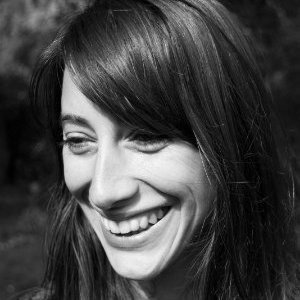
To complement her teaching experience with a more rigorous psychology foundation and practices in an education context, Fotini previously completed a master’s programme with The Faculty of Education, University of Cambridge. There her work highlighted how physical activity may help disadvantaged children's academic achievement by improving their self-regulation. Her findings suggest that early and sustained physical activity is an important element in children’s development and schooling. Her thesis on this topic was published in a peer review journal with significant news coverage. She has been exploring the body and mind connection in her personal and teaching practice for the past 20 years as a yoga teacher and dancer.
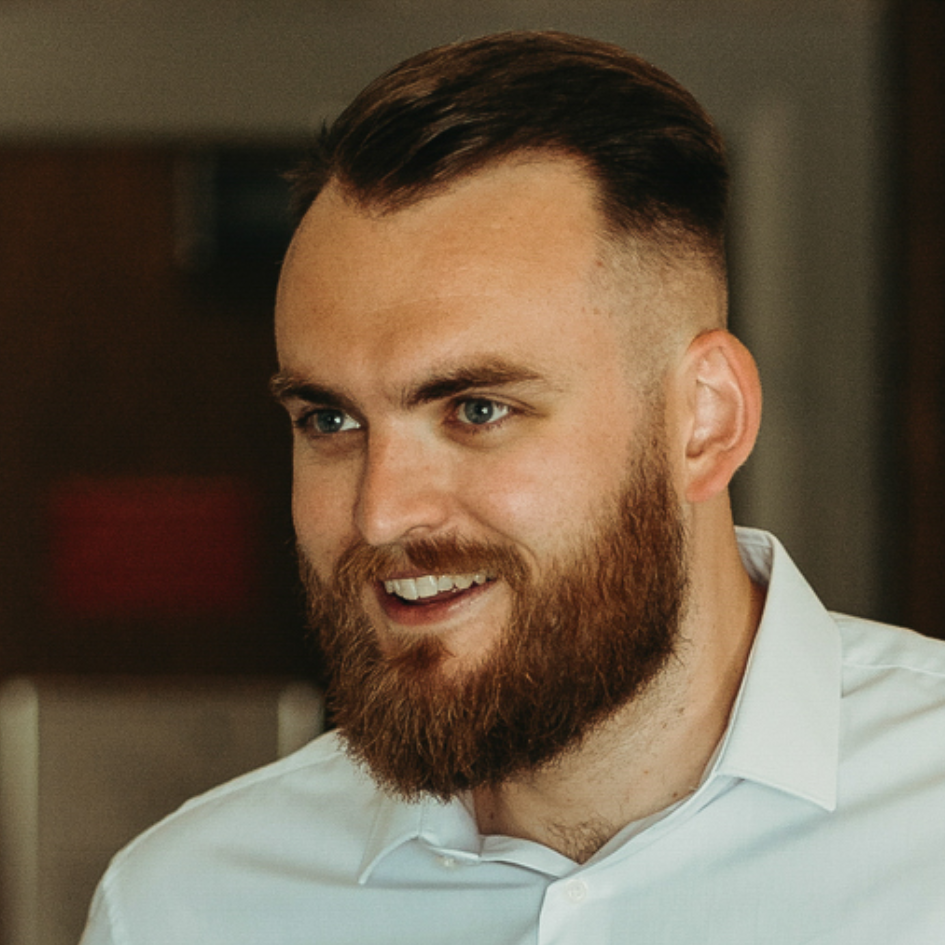
Ross is particularly passionate about basketball and has played both within the US collegiate system and in Italy. Beyond playing, he has worked in a number of coaching roles including Youth head coaching positions with Leicester Riders and Glasgow Rocks basketball teams and has also coached within the Scottish National Junior Team squads.
At present, along with developing the competitive basketball offering at City of Glasgow College, he sits on the colleges’ internal sports development group which focuses on improving opportunities for students to engage with sport. He is also a member of the Scottish Student Sport Basketball working group with a remit to develop engagement with colleges across Scotland.
Ross holds a BA (Hons) in Social Science from Glasgow Caledonian University with Psychology and Sociology being the key areas of interest during the course. Ross has completed his MSc in Sports Coaching at the University of Stirling, with the main focus of his research investigating the role of mentoring at different stages of the coaching journey. More recently, he has completed his TQFE in Further Education developing his knowledge of teaching in the FE sector, which has progressed into studying towards his Doctorate in Education at Strathclyde University.
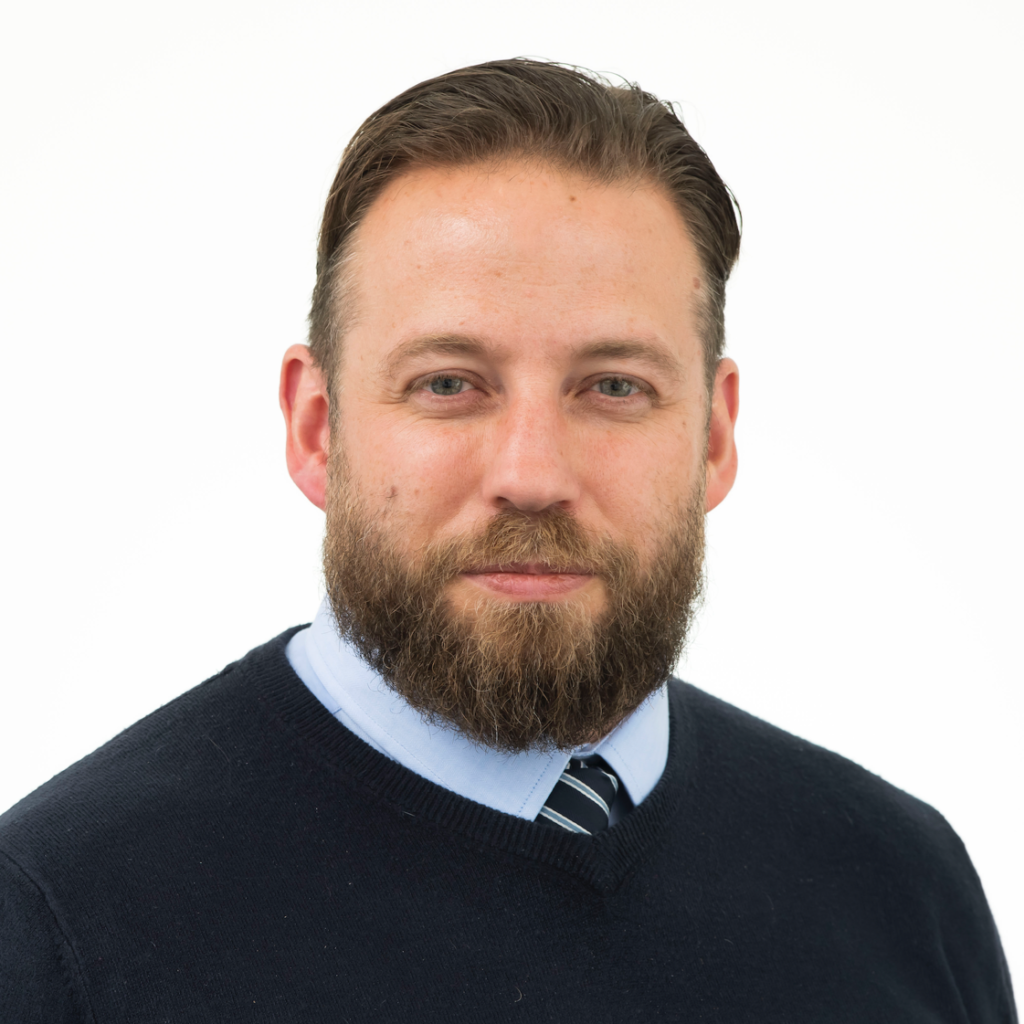
Steven has worked and volunteered in sport industry settings for over 25 years and has experience in management and strategic leadership functions within higher education, public and social enterprises for the past 17 years. He has previously managed frontline services, events and strategic change programmes, and continues to oversee the work of top executive officers and senior academics. Steven has led the development and delivery of national and local authority sports and physical activity strategies, and local, regional and national working groups on strategy development, performance management systems and service development/ improvement in large public sector departments, national governing bodies of sport and social enterprises. This work has included developing, delivering, and monitoring large-scale strategic plans and partnership funding agreements. These experiences have provided opportunities to work with, consult and advise company directors, strategic managers and political stakeholders. Steven currently contributes to the sector as a member of the UK professional development board (UKPDB).
Steven has worked in higher education since 2010 and is currently leading two large-scale workforce planning and development research projects focused on the sport and physical activity sector. As Employability Co-ordinator (Principal Lecturer) at Cardiff Metropolitan University, he has led student employability plans across all university undergraduate and postgraduate degree programmes in sport and health. His remit has included developing student enterprise and entrepreneurship activities and learning in partnership with the centre for student entrepreneurship. He is currently a trustee of the Work-Based Learning and Placement Learning Association (ASET) board, which includes distributing best practice briefings and hosting national conferences and research, and Steven is also a full member of the Association of Graduates Careers Advisory Services (AGCAS), Enterprise Educators UK (EEUK), British Education Research Council (BERA), and the Institute of Small Business Entrepreneurship (ISBE).
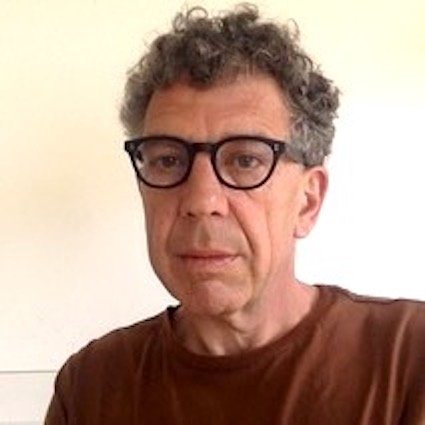
In 2006, he published 'The Ball is Round: A Global History of Football' - the definitive history of the game - and in 2019 brought it up to date with a successor, 'The Age of Football: The Global Game in The Twenty First Century'. In between he published books on Brazilian football, the history of the Olympics, and, in 2015, won the William Hill Sports Book of the Year Award for 'The Game of Our Lives: The Making and Meaning of English Football'. He has been described by Professor Dominic Sandbrook of Oxford University, in the Sunday Times, as “not merely the best football historian writing today; he is possibly the best there has ever been.”
He currently teaches for the Football Business Academy in Geneva, is a regular visiting Professor at Pitzer College, Los Angeles, and is an Honorary Fellow of the International Centre for the Culture and History of Sport at De Monfort University, Leicester.
His journalism has appeared in the Guardian, the Observer, the Financial Times, the New York Times, Prospect, New Statesman, the Times Literary Supplement and many other publications. He has won the sports story of the year at the Foreign Press Association Media Awards in London three times: in 2009, for the BBC World Service documentary 'Mathare United', which showcased the power of football for social development in the slums of urban Kenya; in 2015 for 'The Prison Where Murderers who Play for Manchester United', published in The Guardian, which reported on the role of a DIY English Premier League and prison football association in turning Luzira, Uganda’s notorious high security jail, into one of Africa’s most humane and progressive prisons; and in 2018 for 'Viktor Orban’s Reckless Football Obsession', published in The Guardian, which featured the first interview with Hungarian Prime Minister Viktor Orban with a foreign newspaper for more than a decade. It was shortlisted for the European Media Awards in 2019.
David stays sane by doing a lot of yoga, swimming and tending his allotment.
More information on David's work is available at: davidstephengoldblatt.com.
